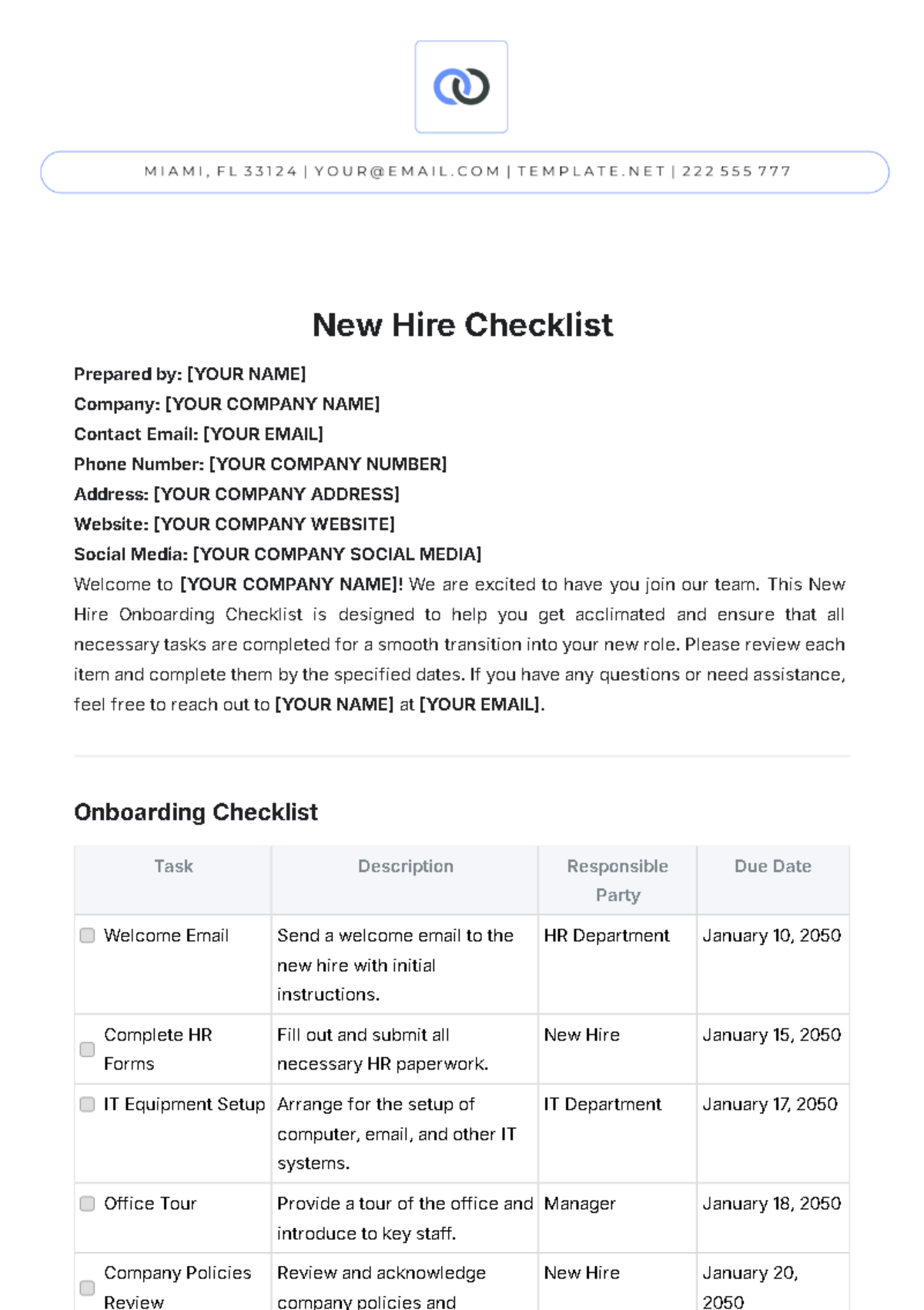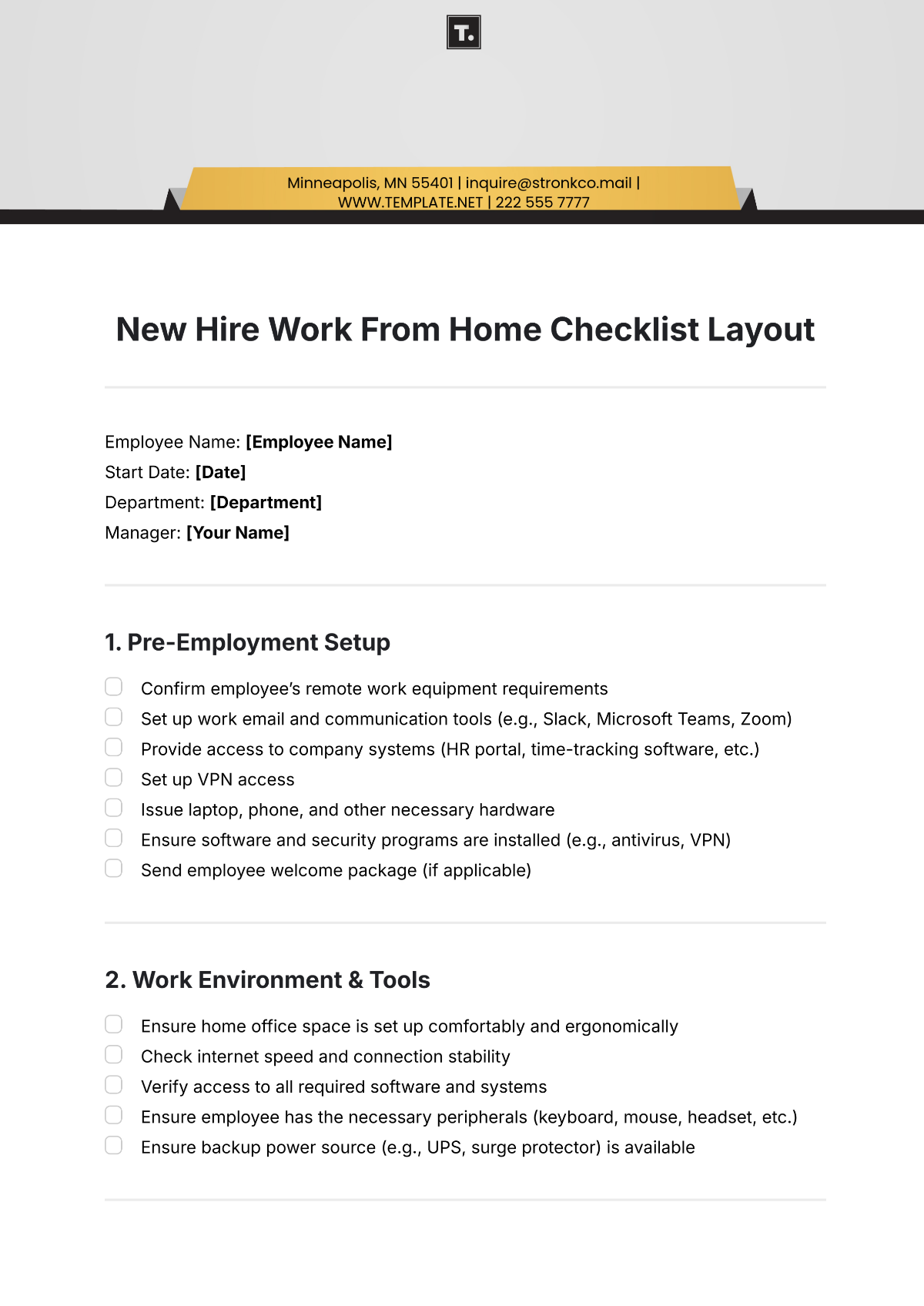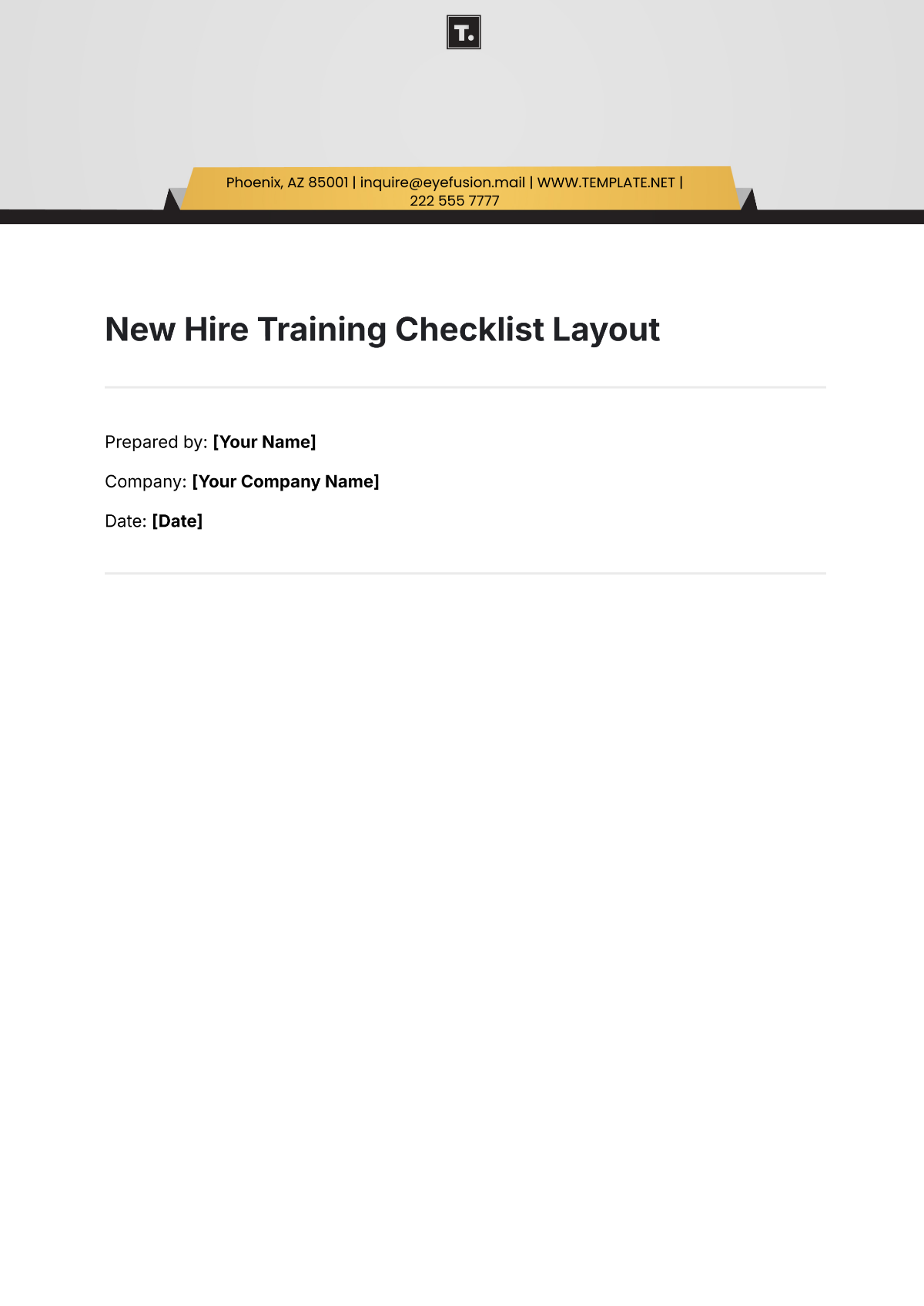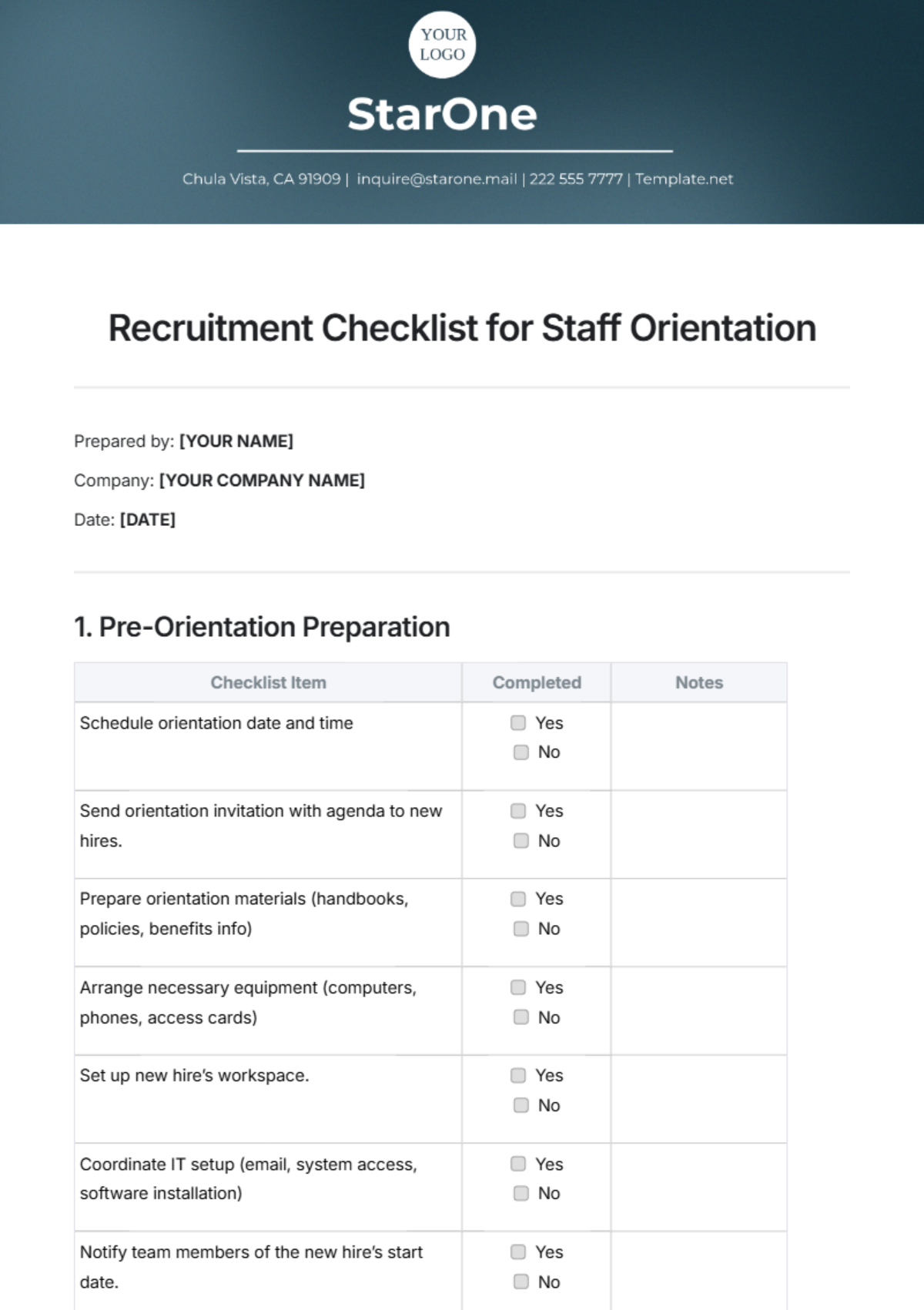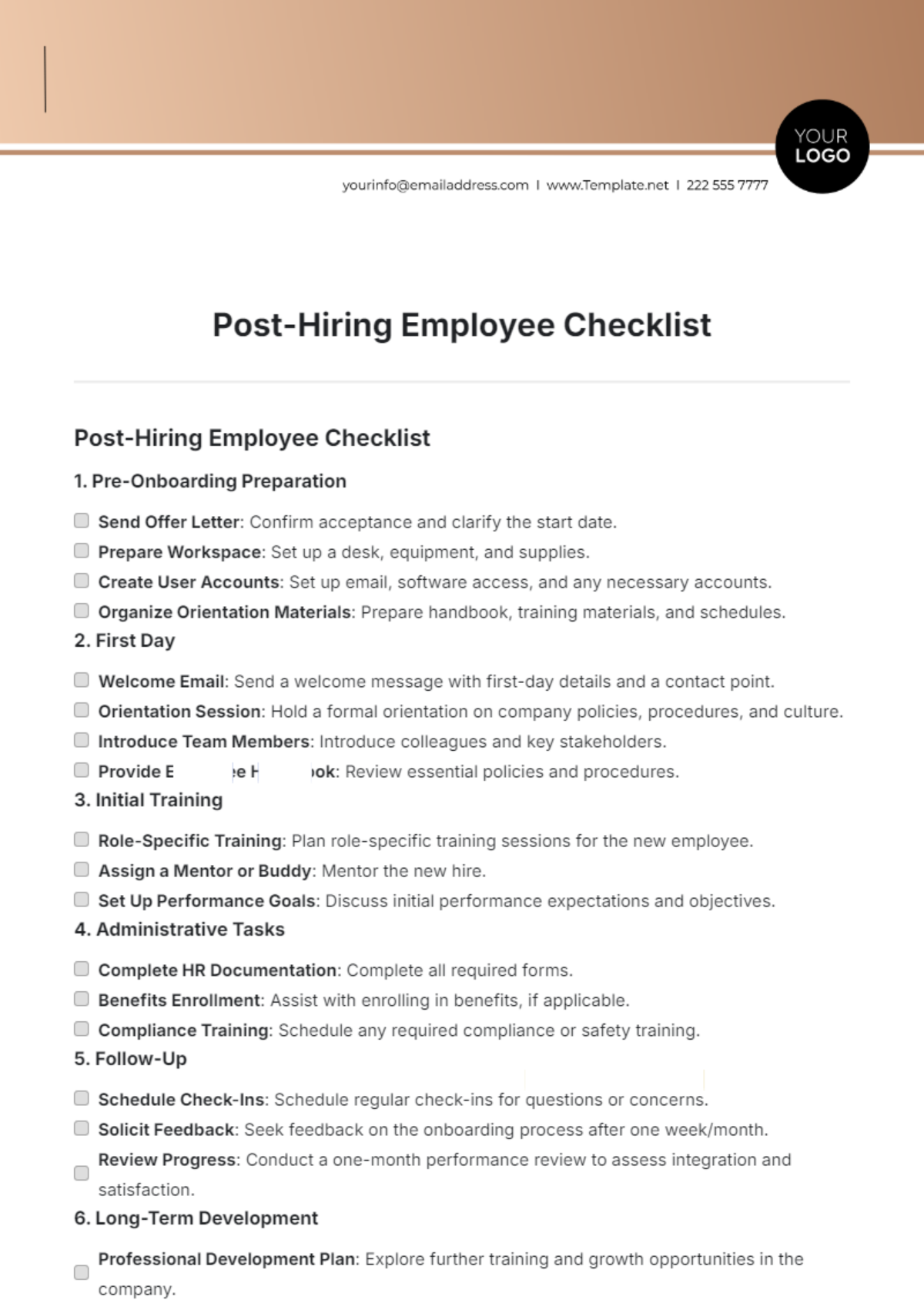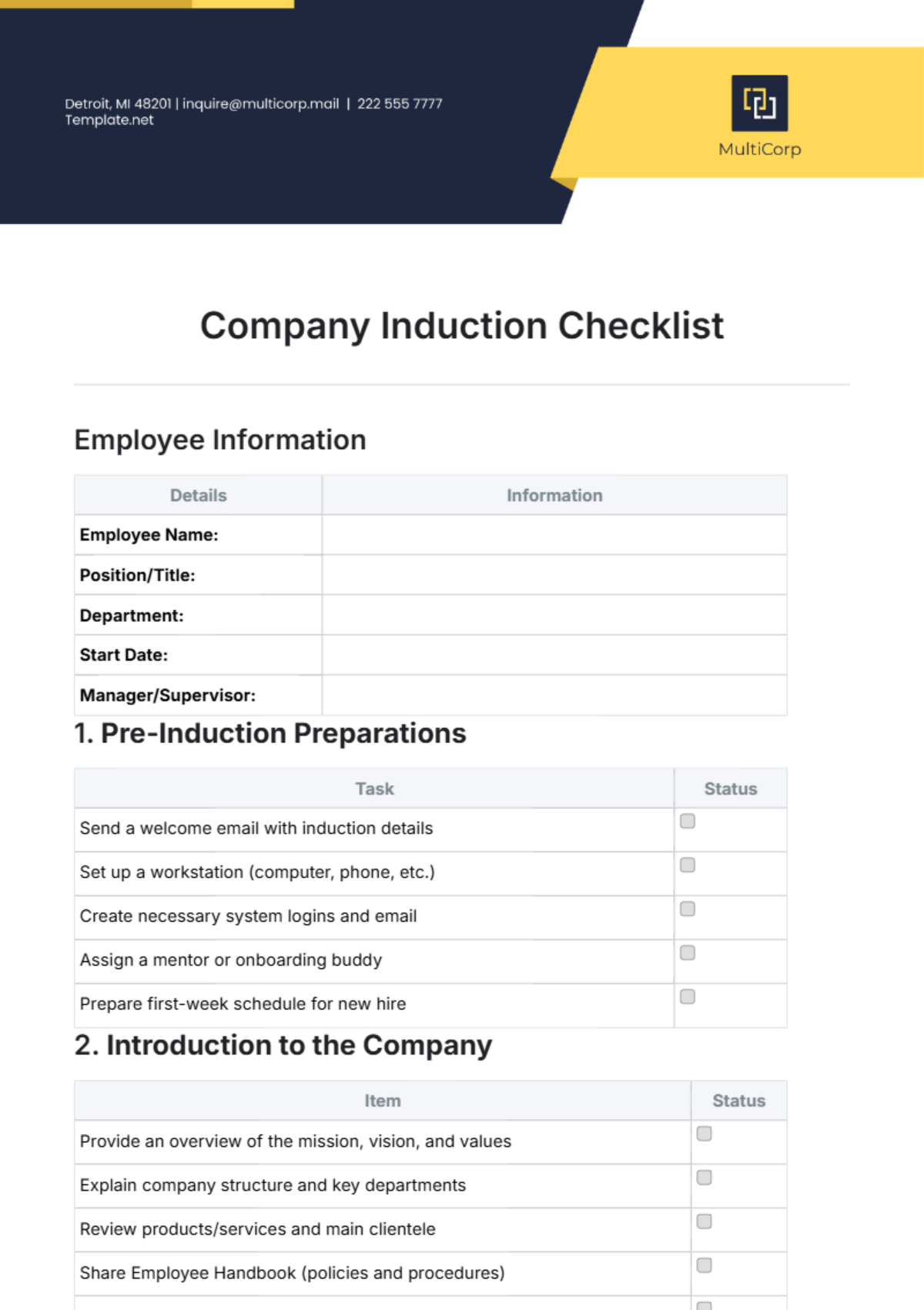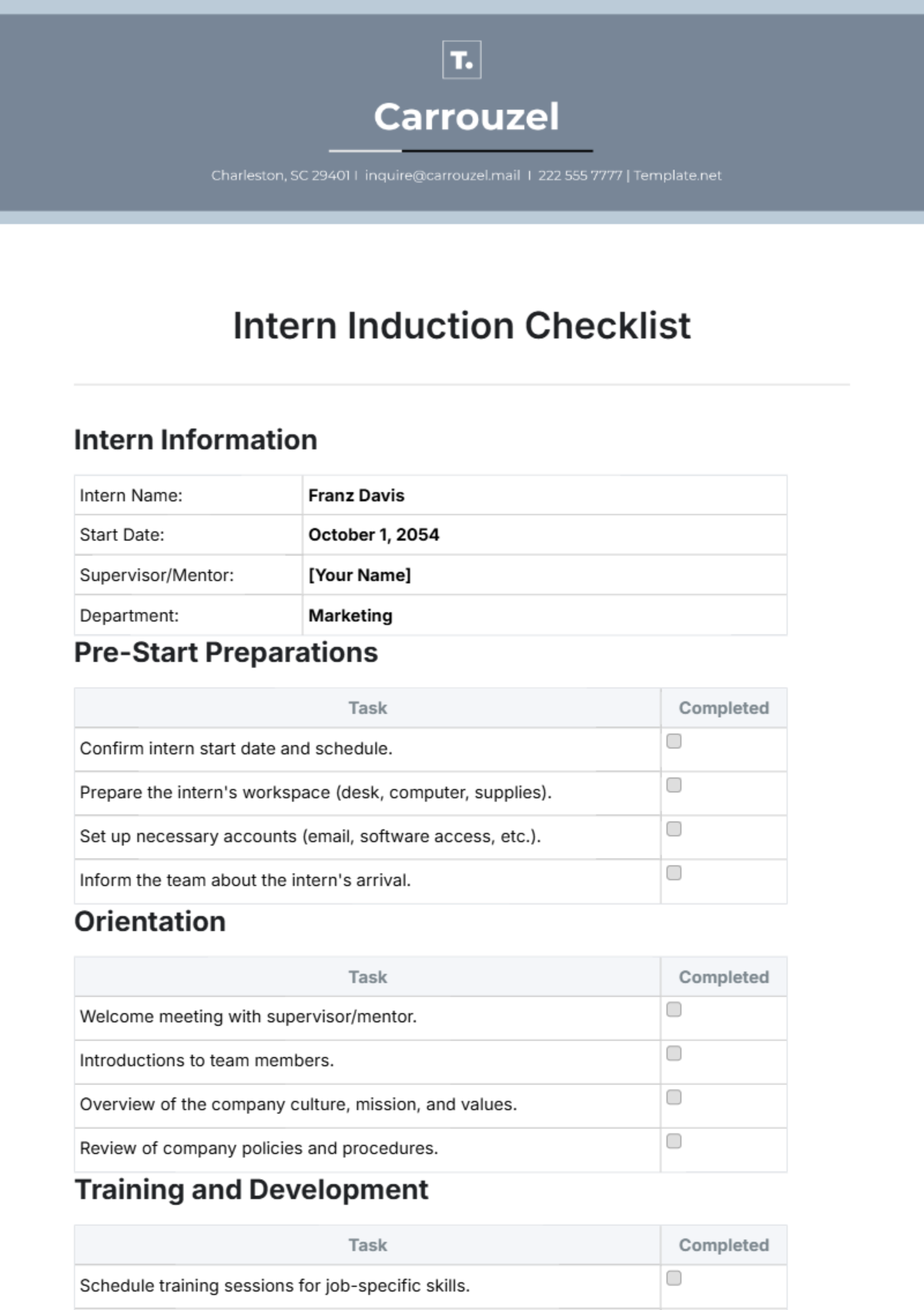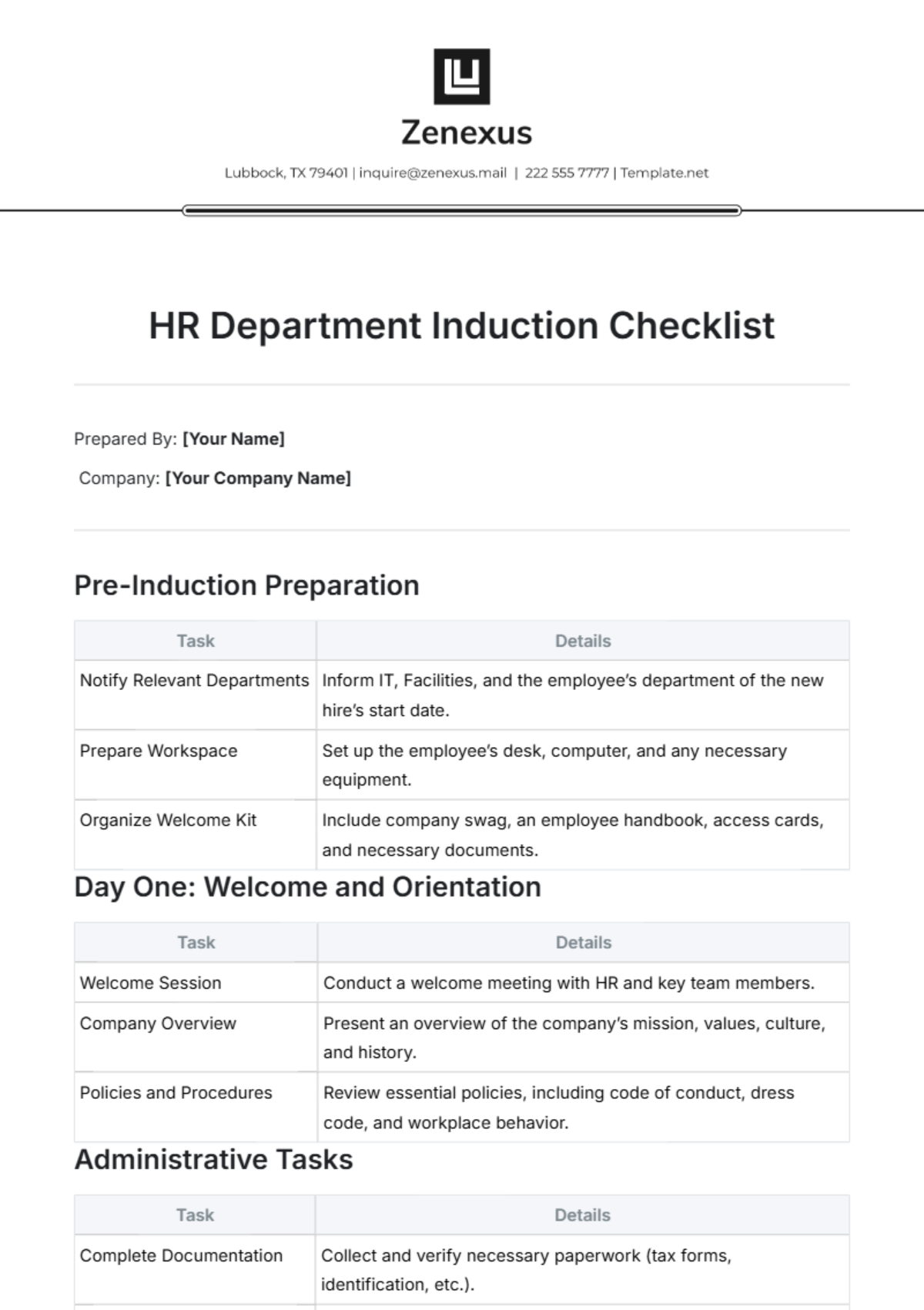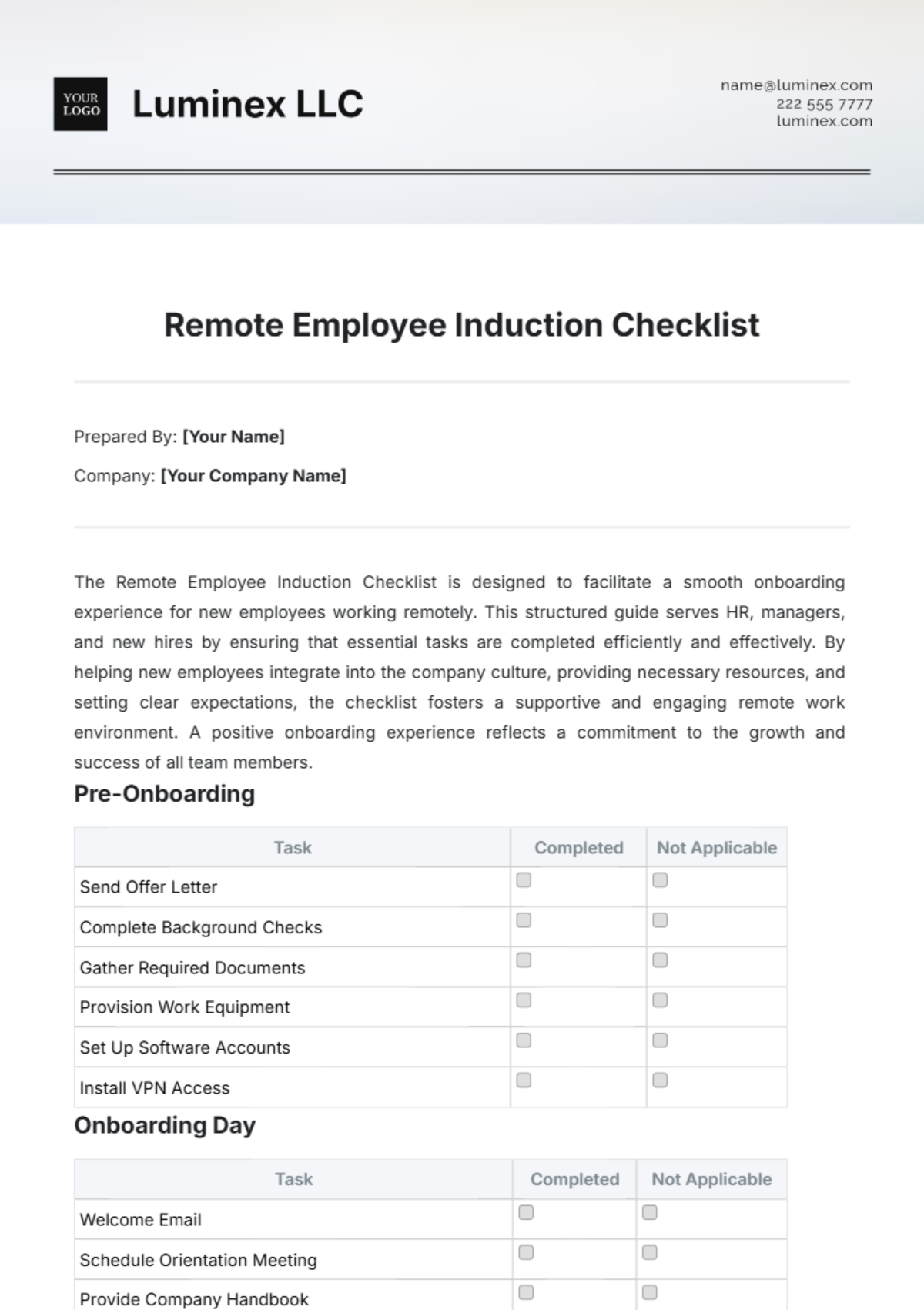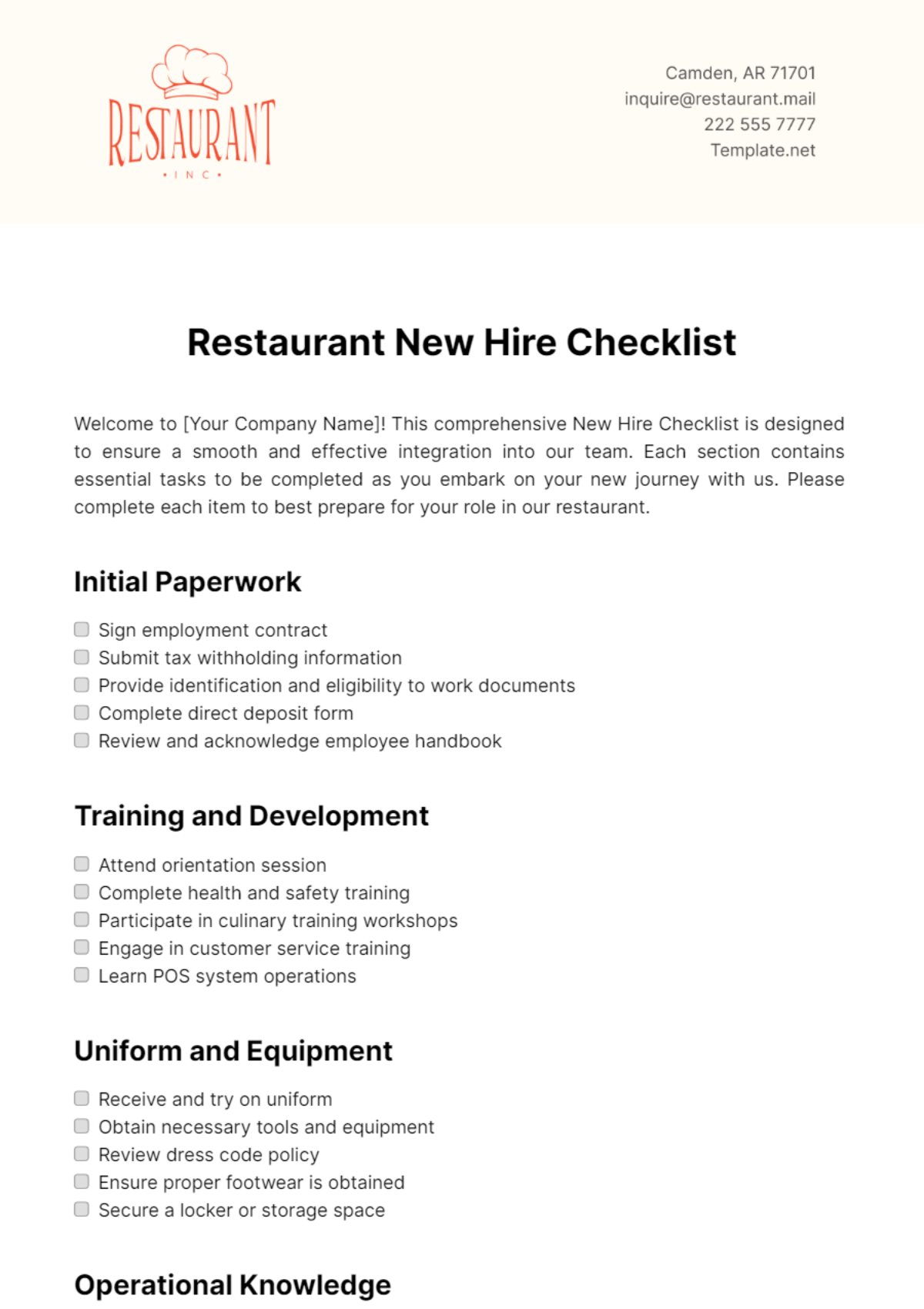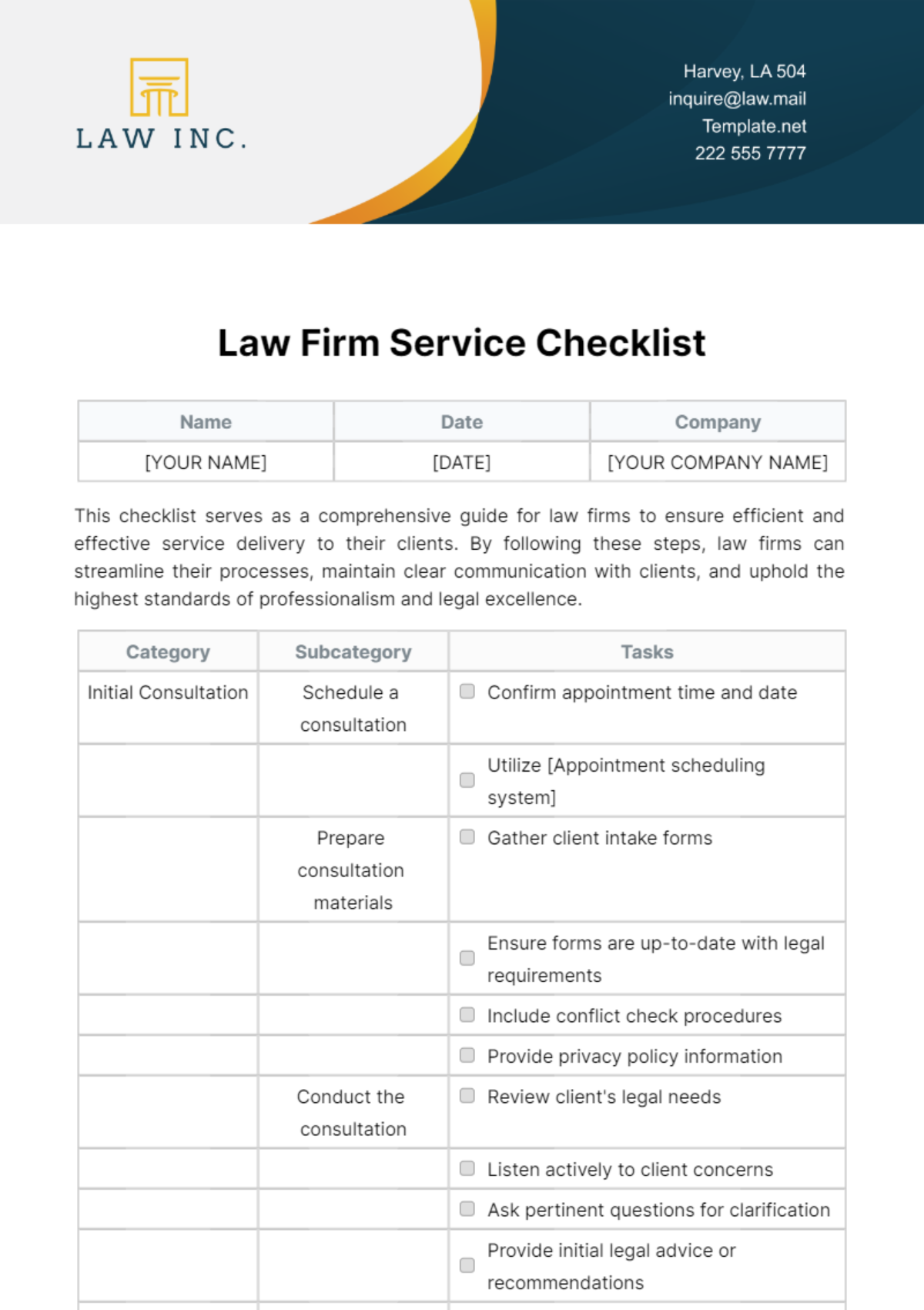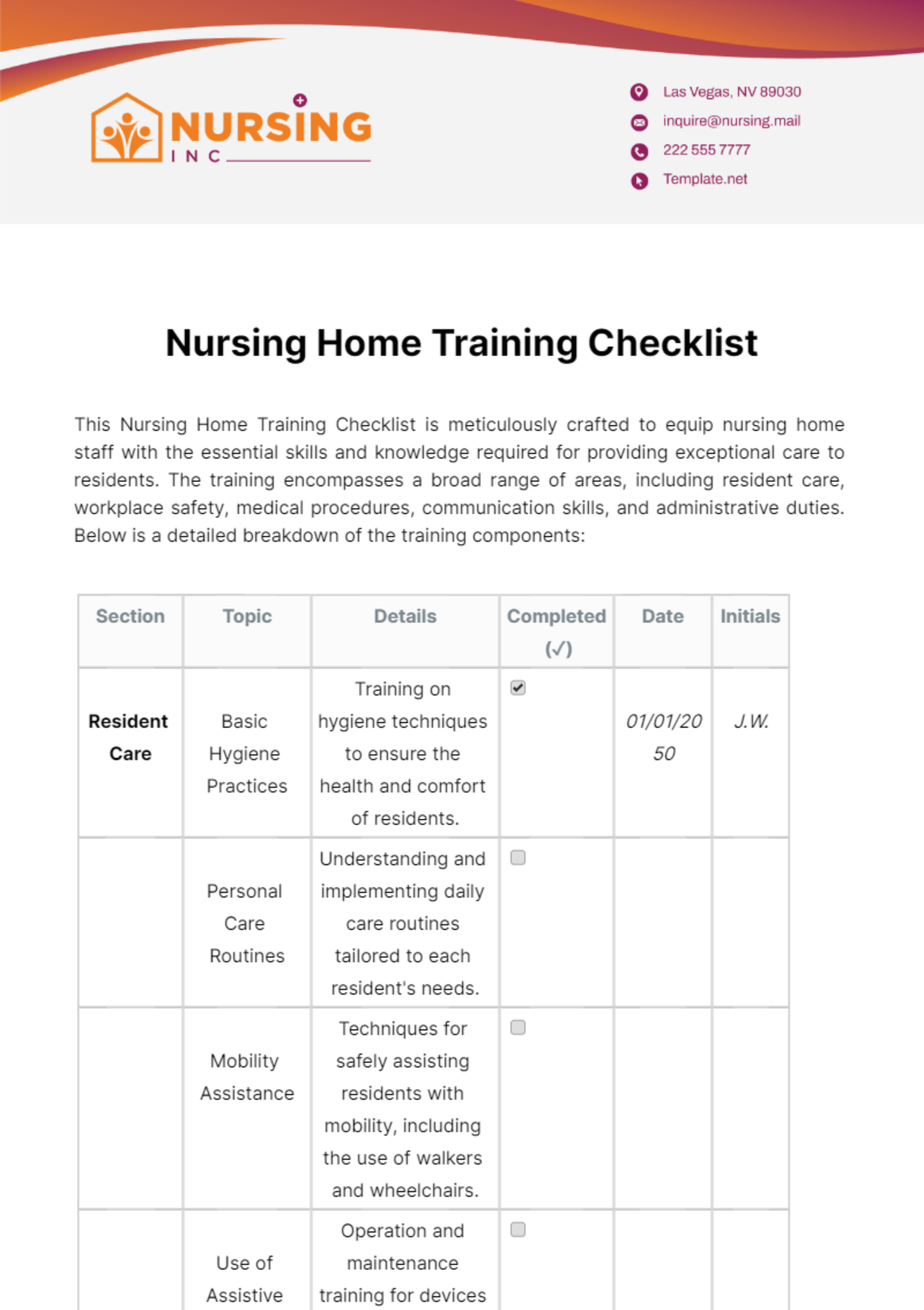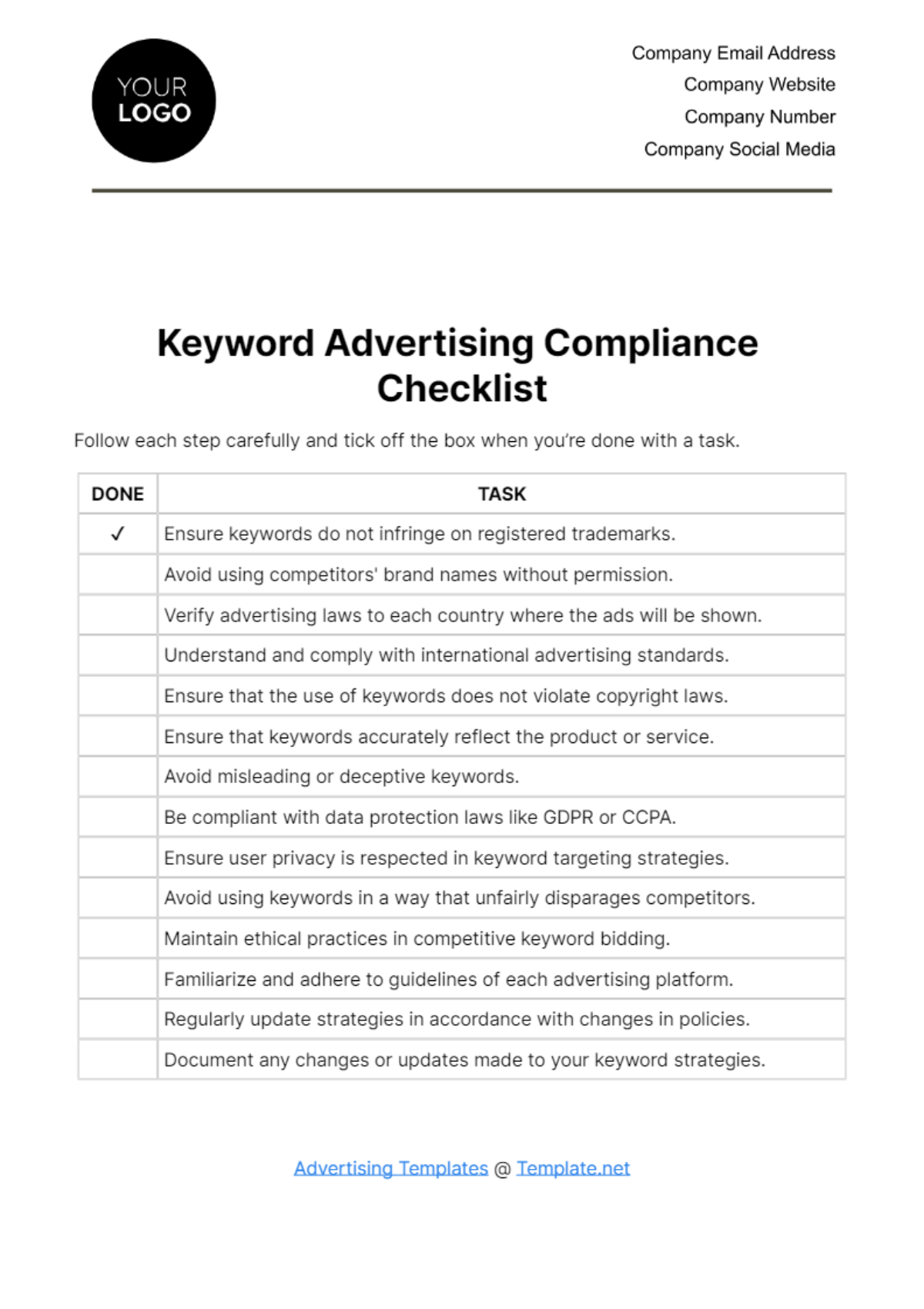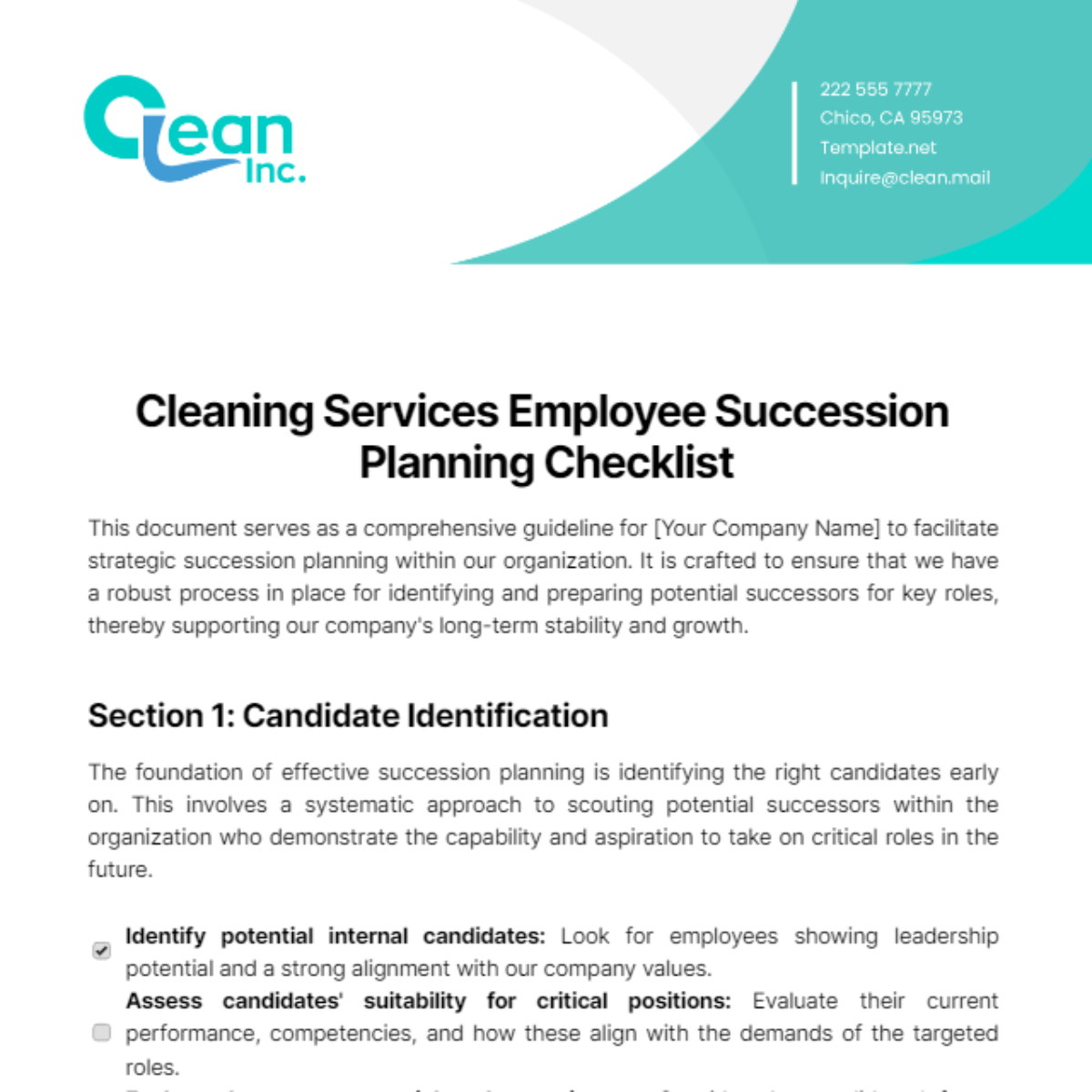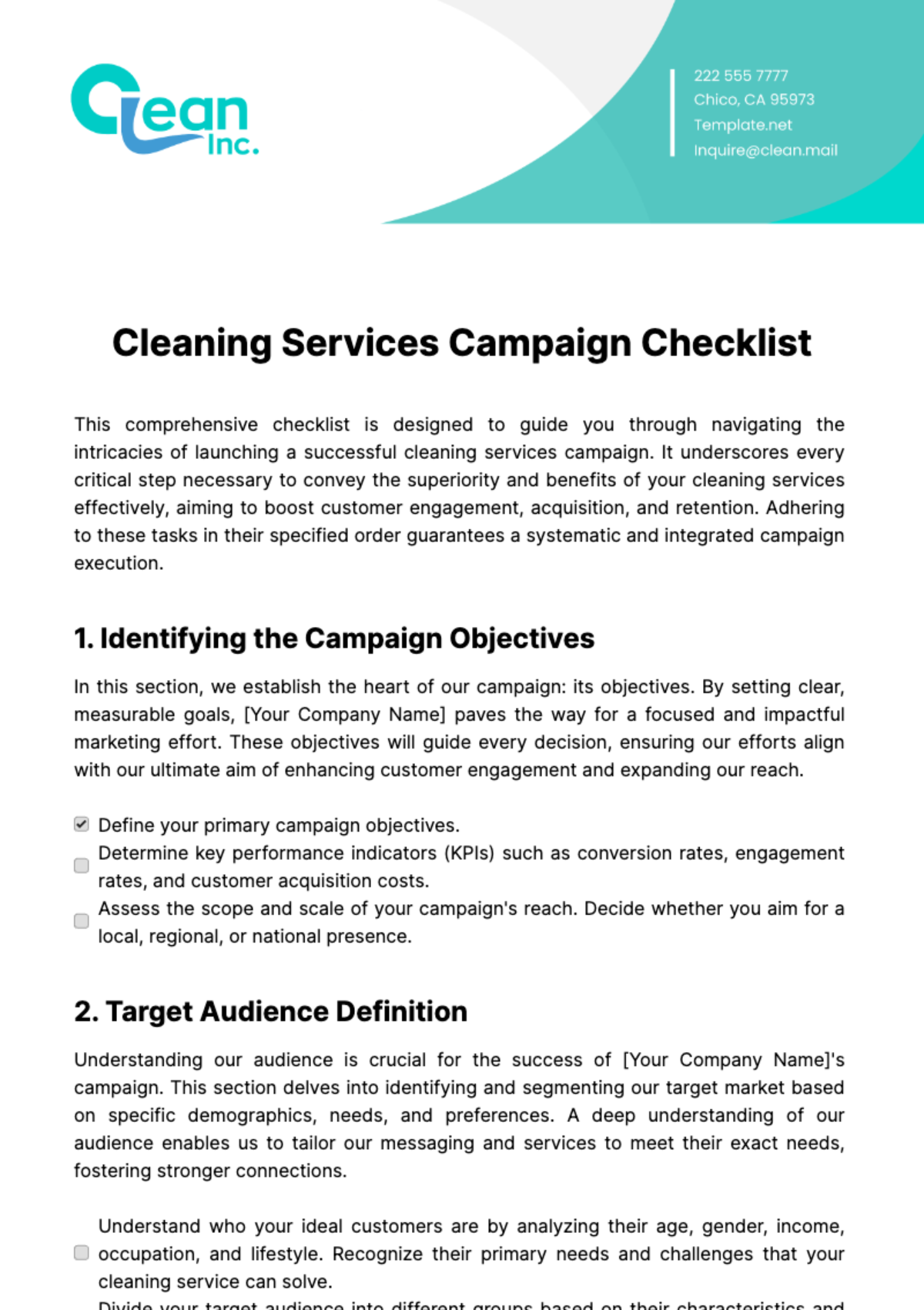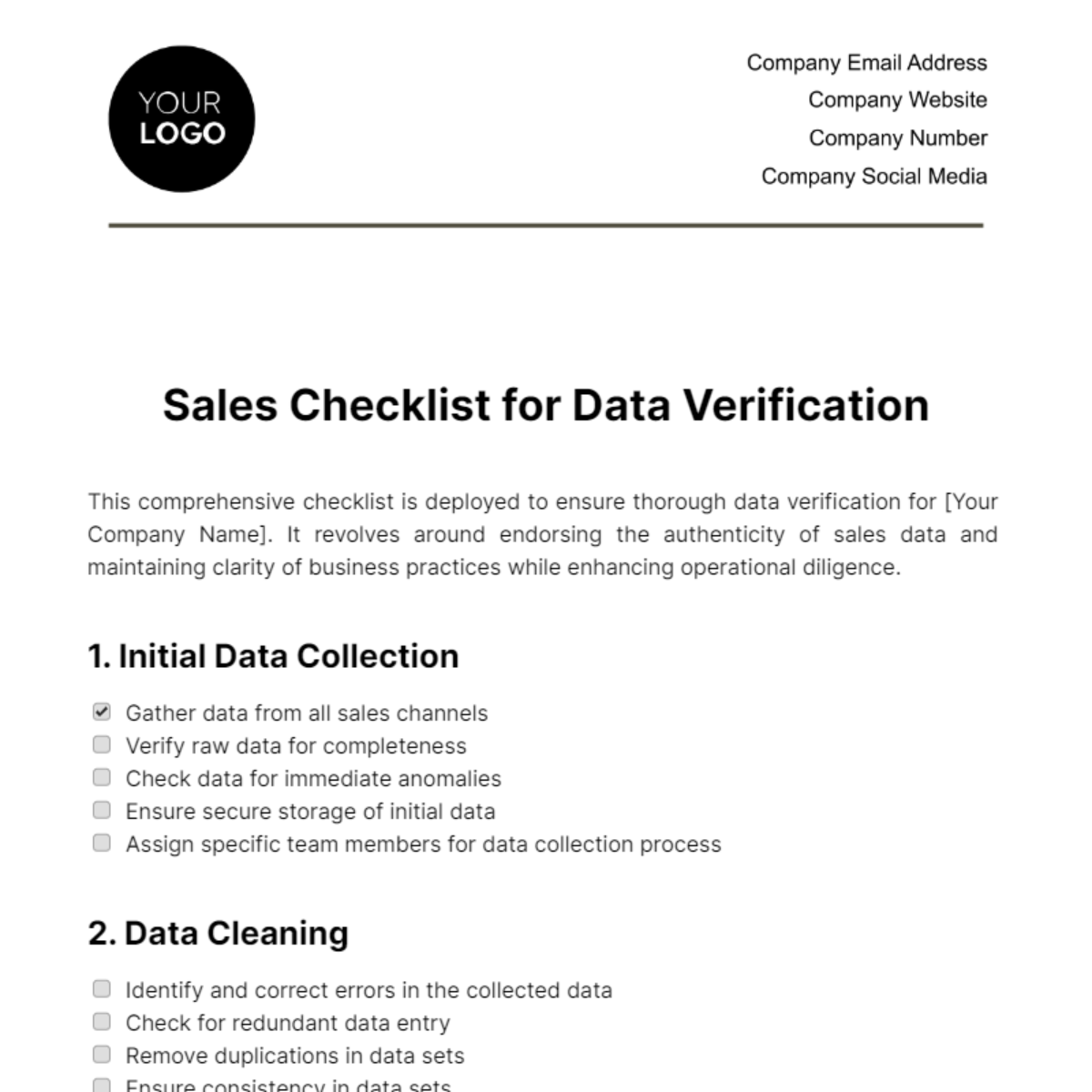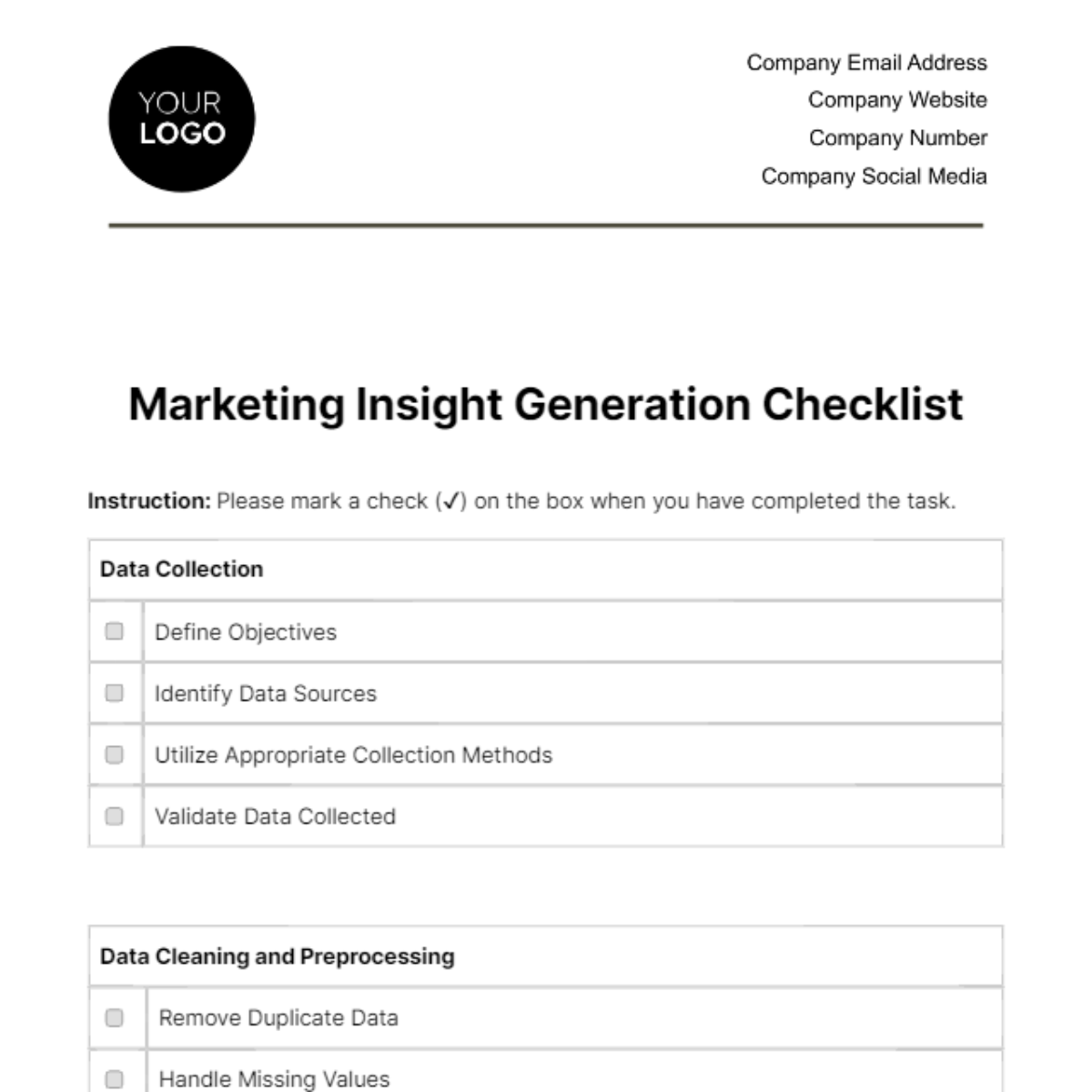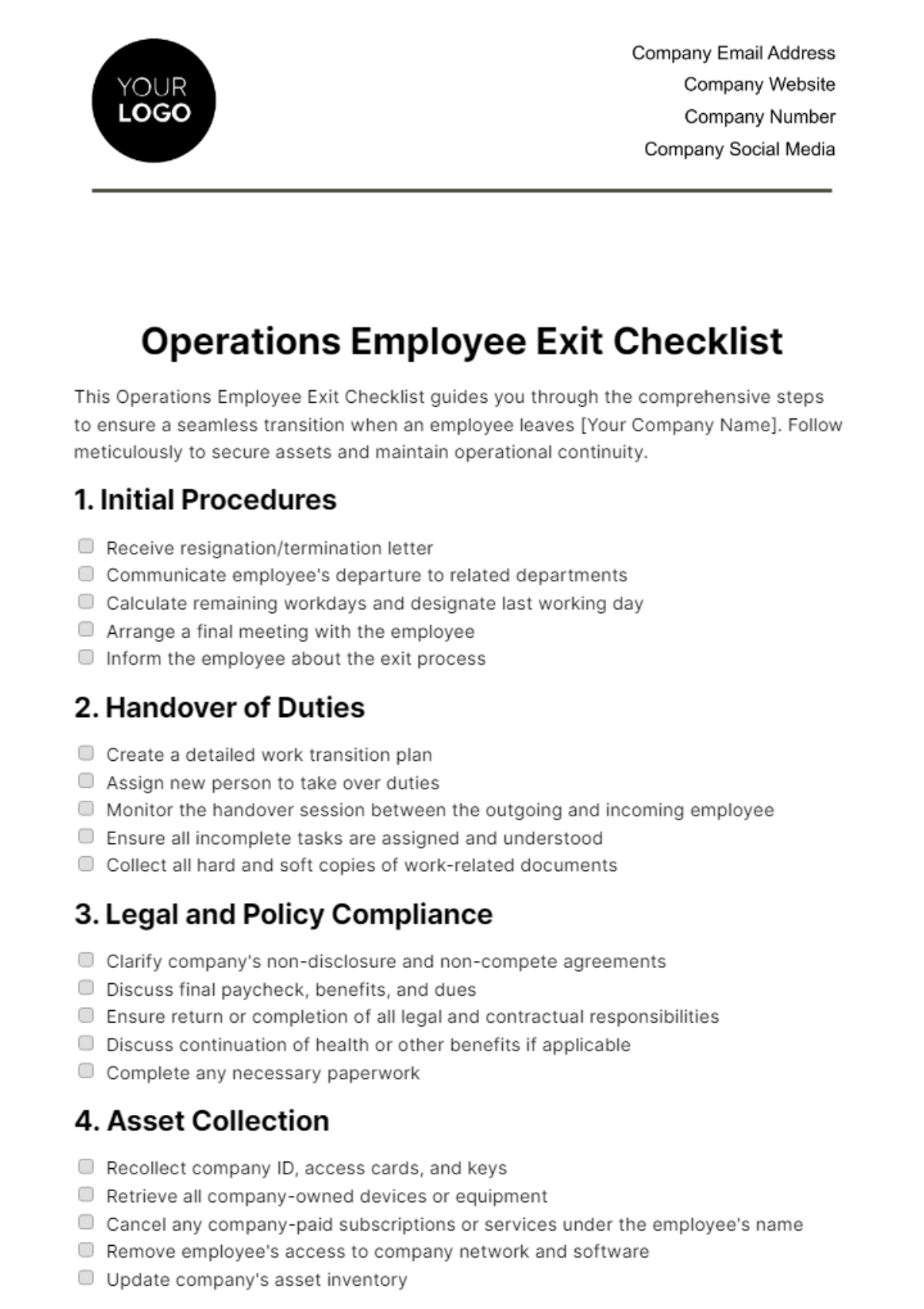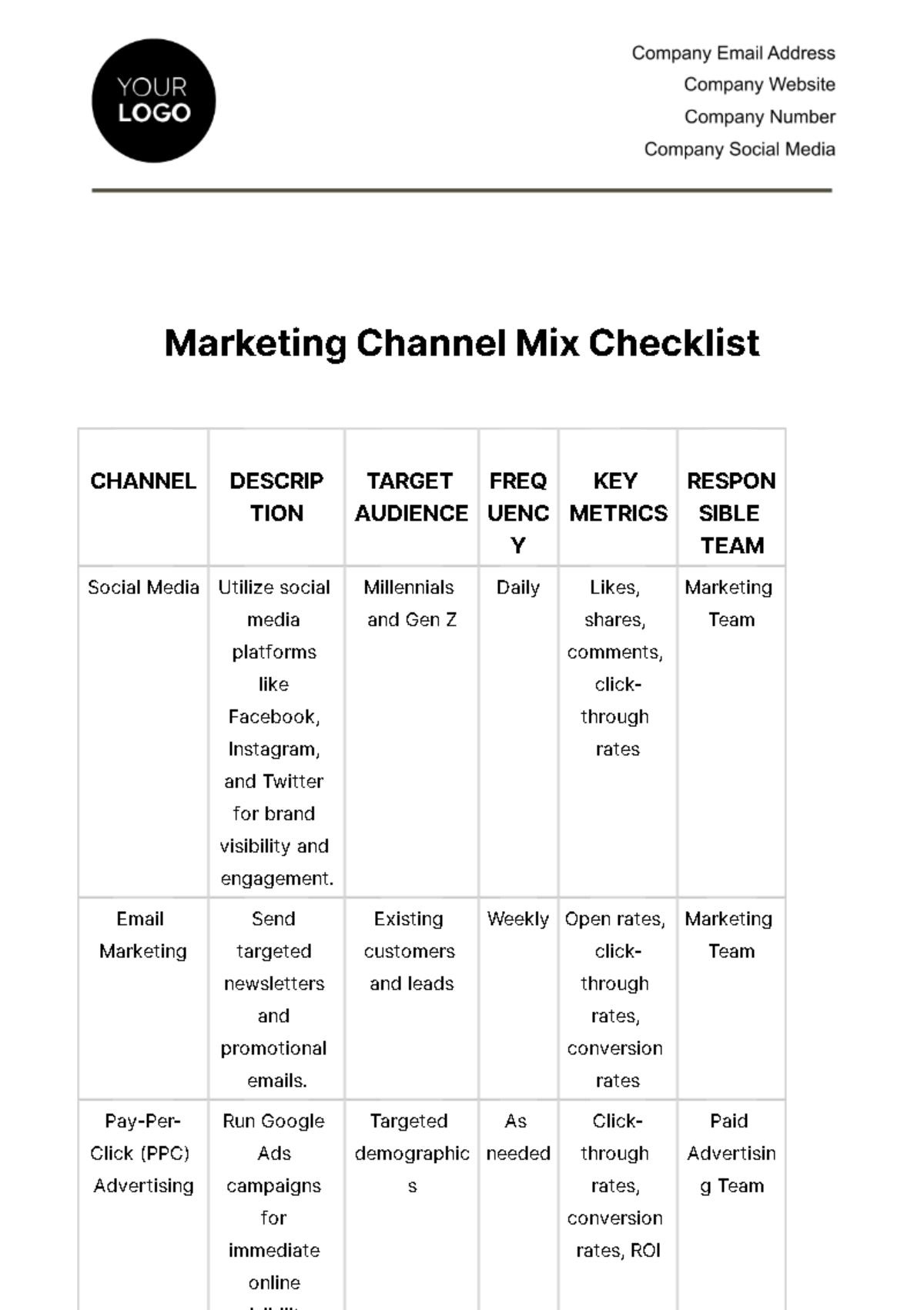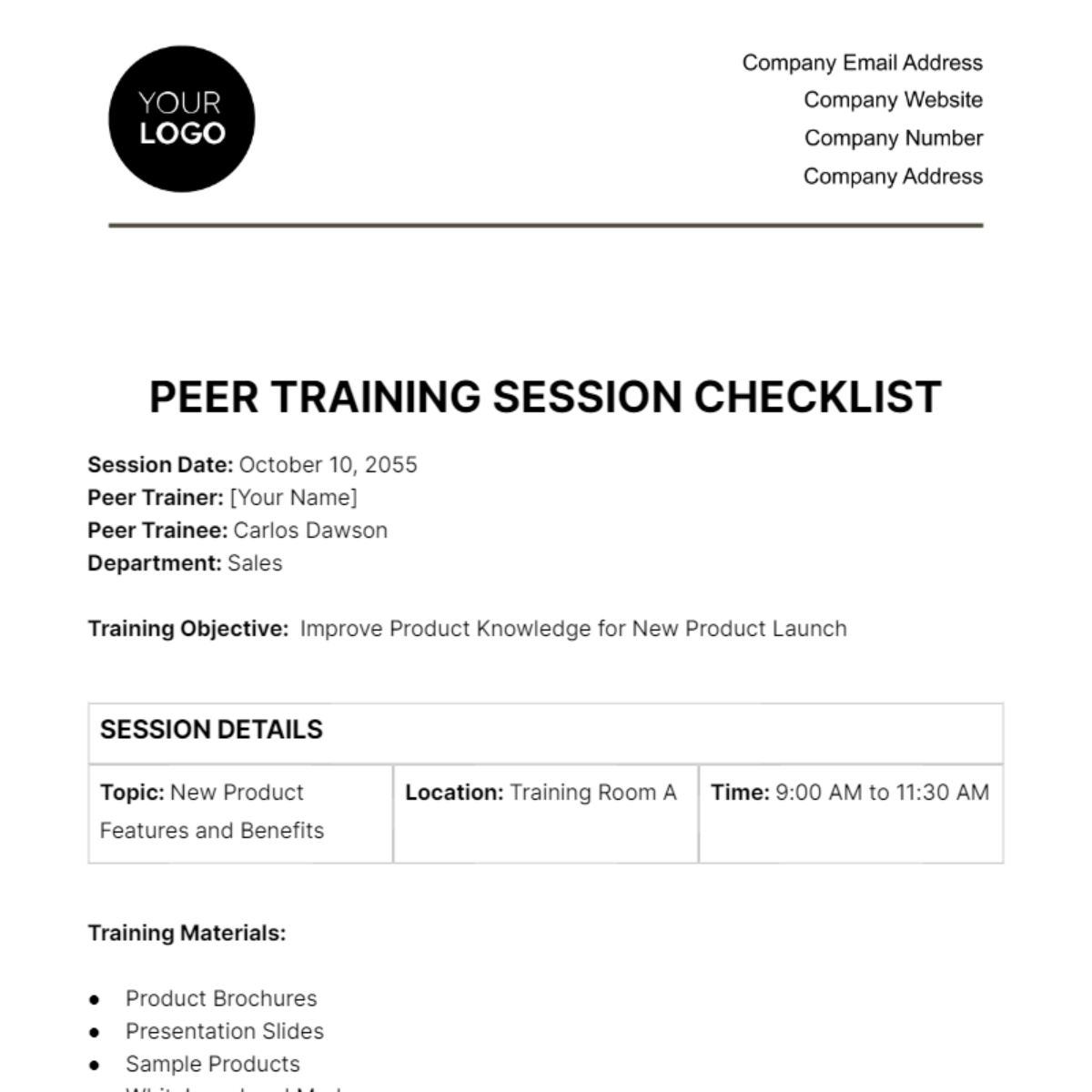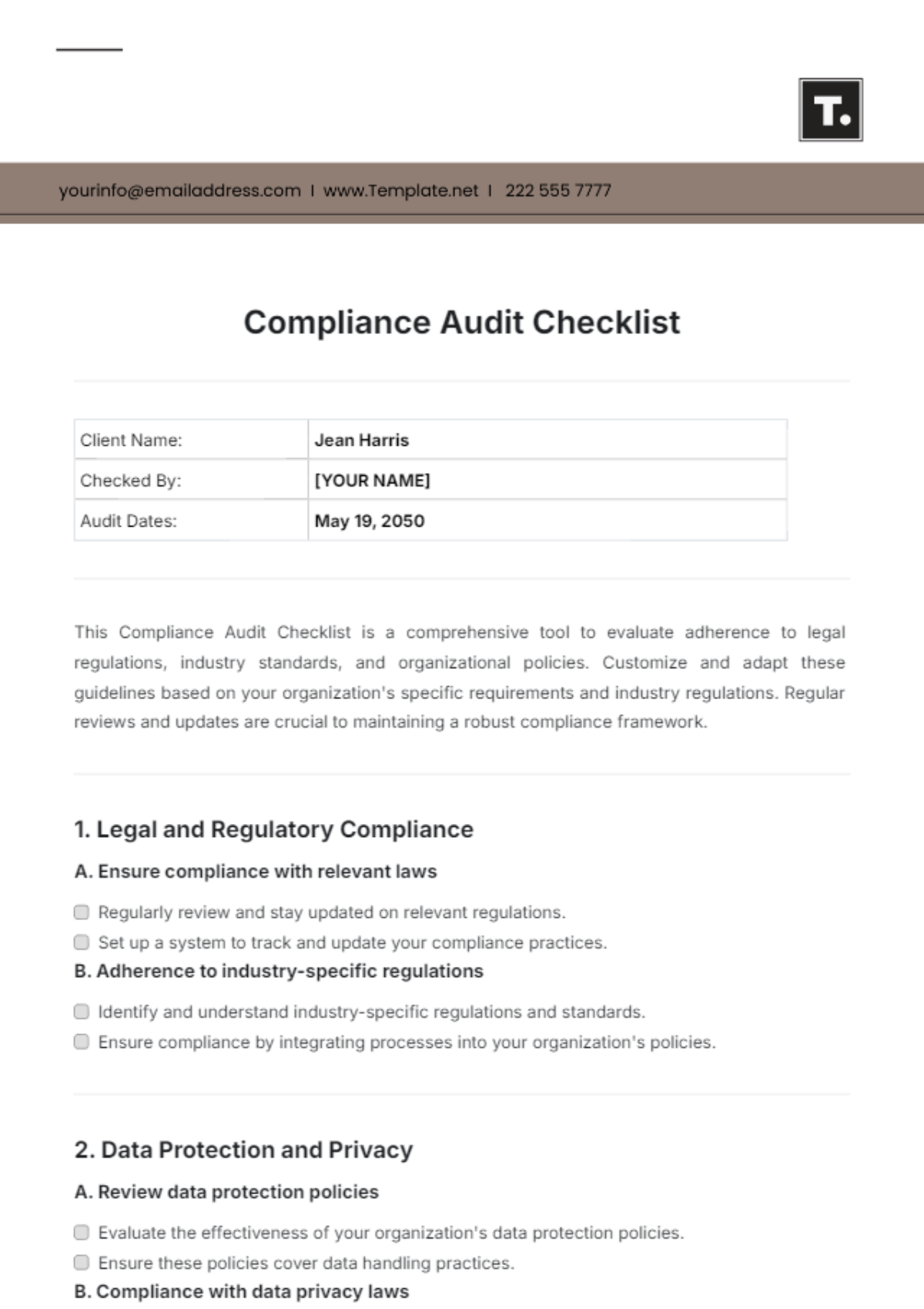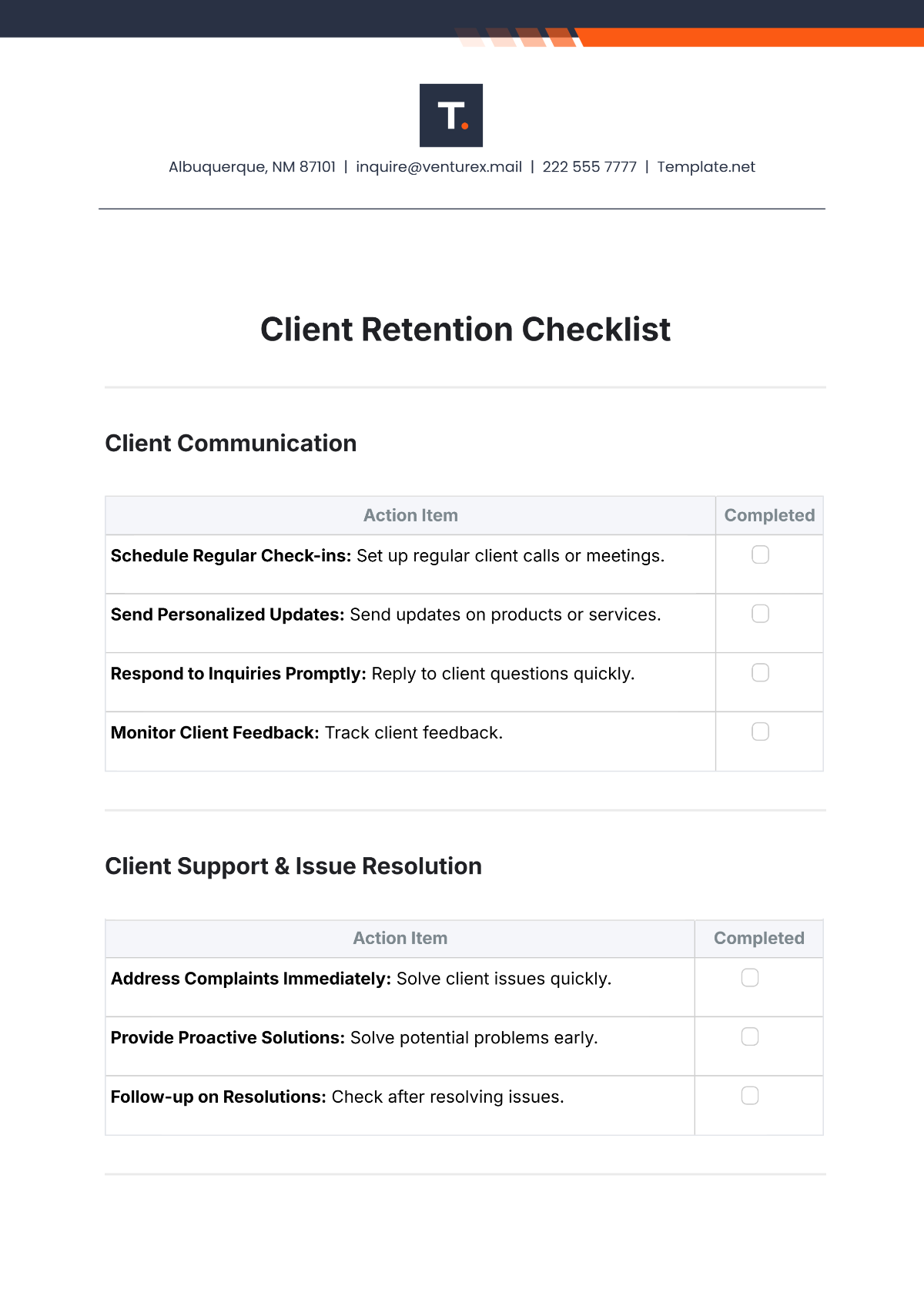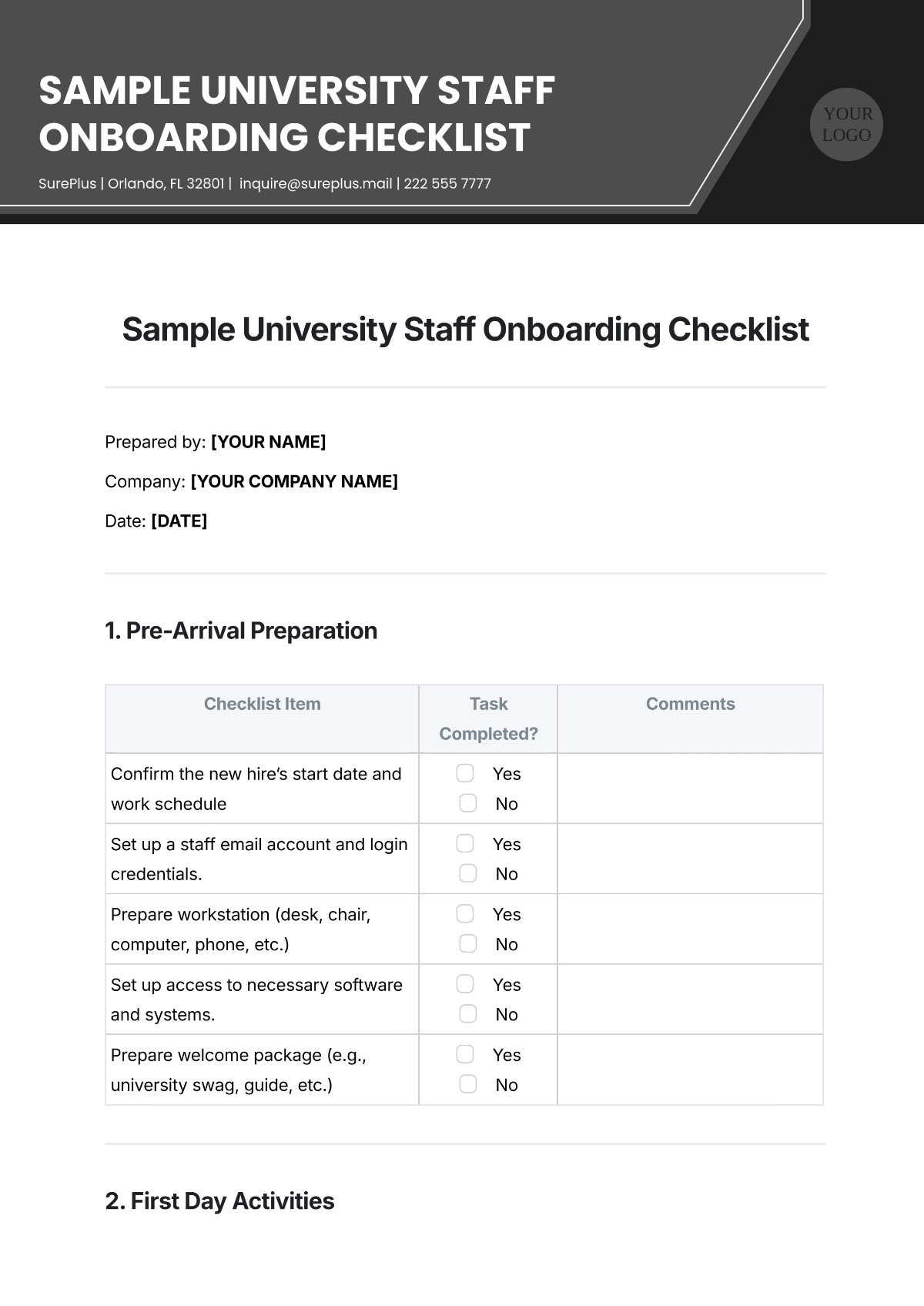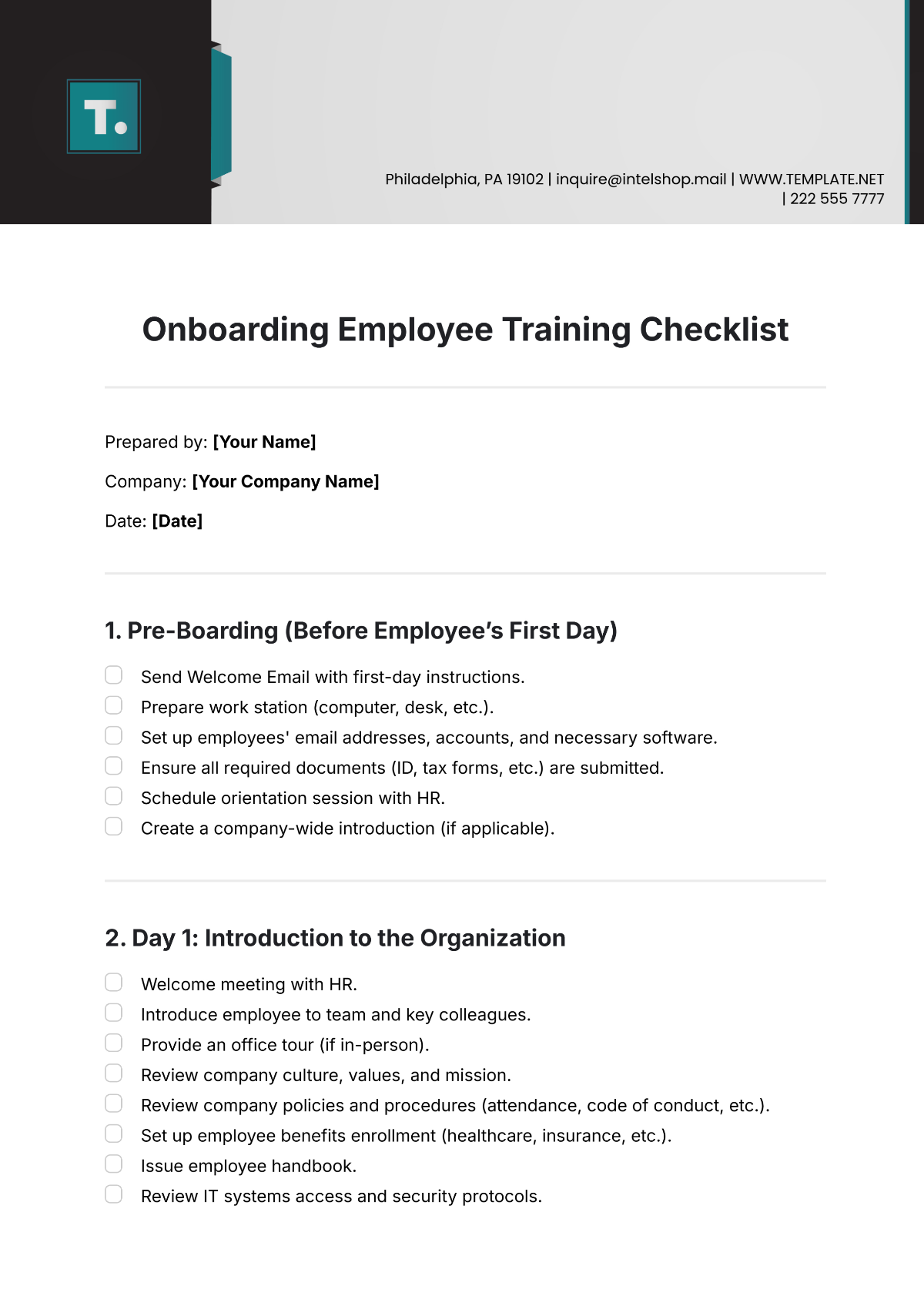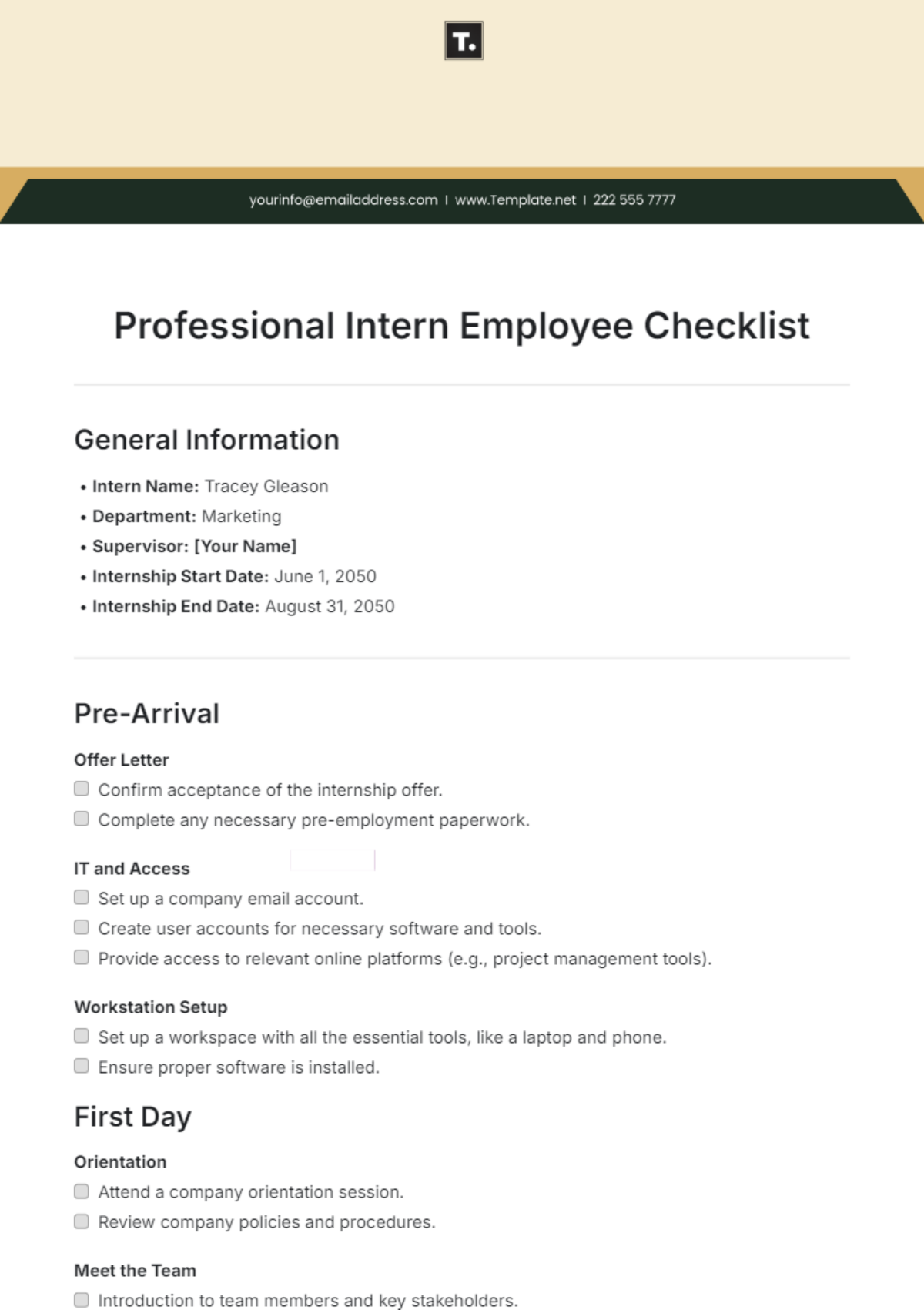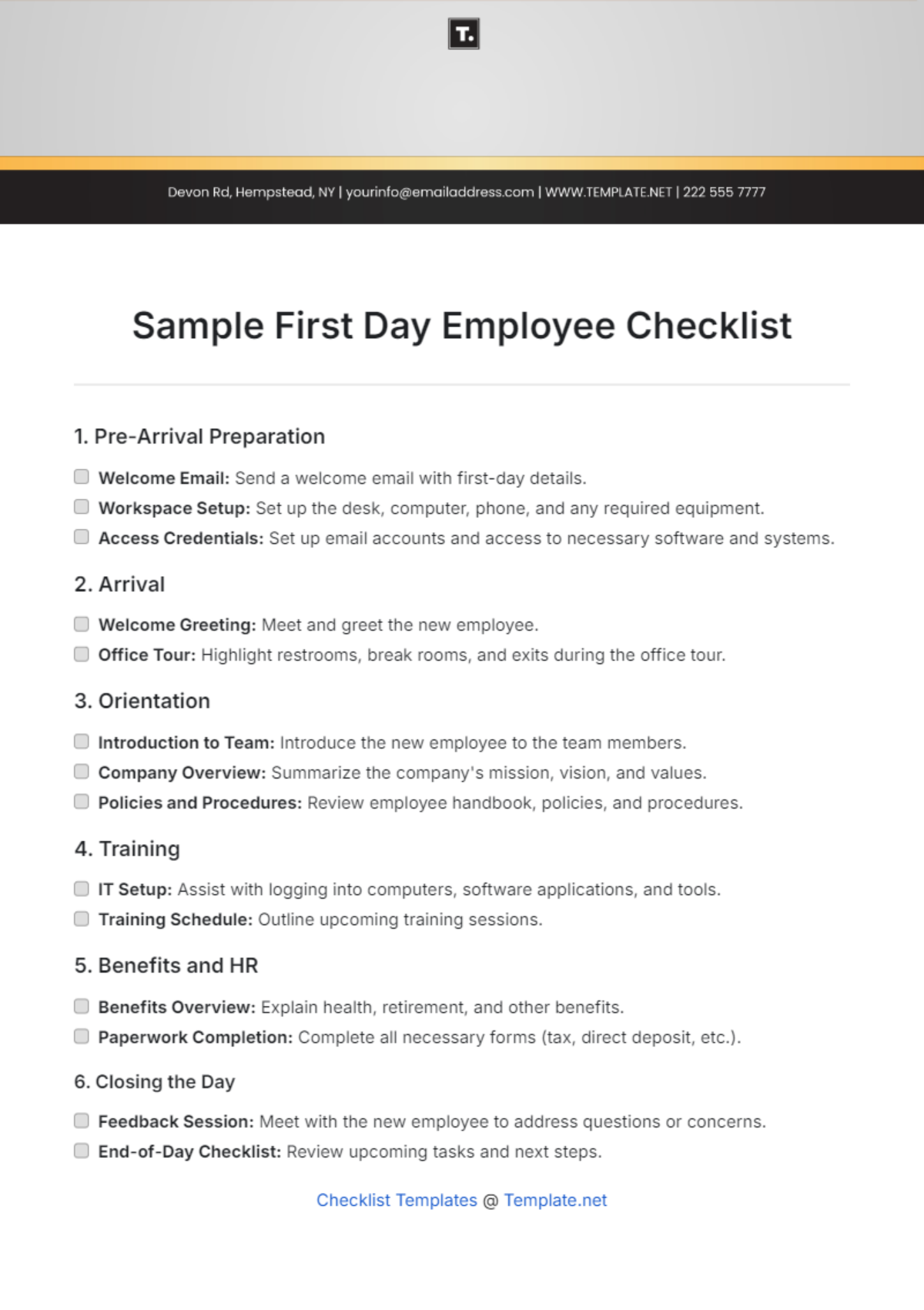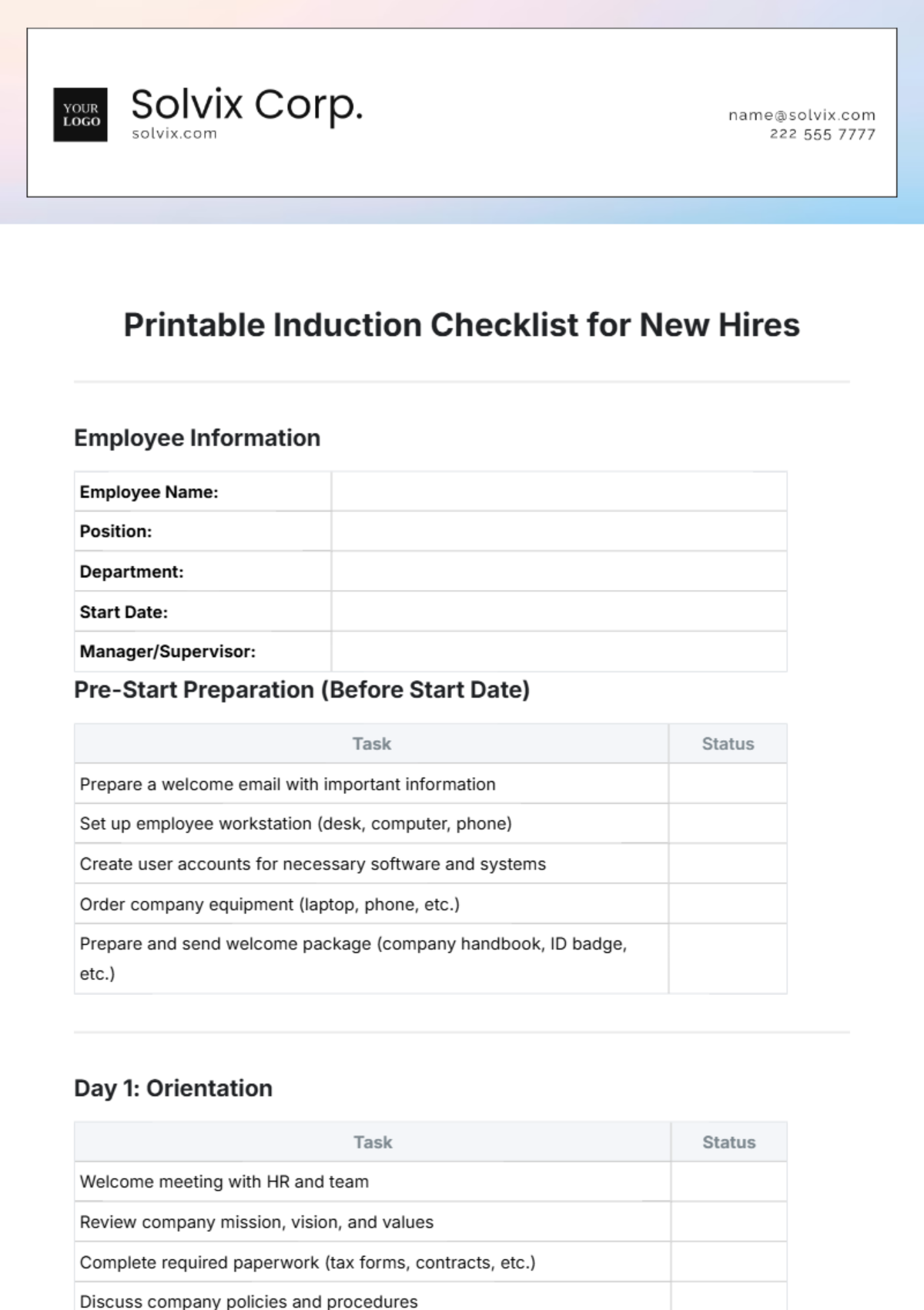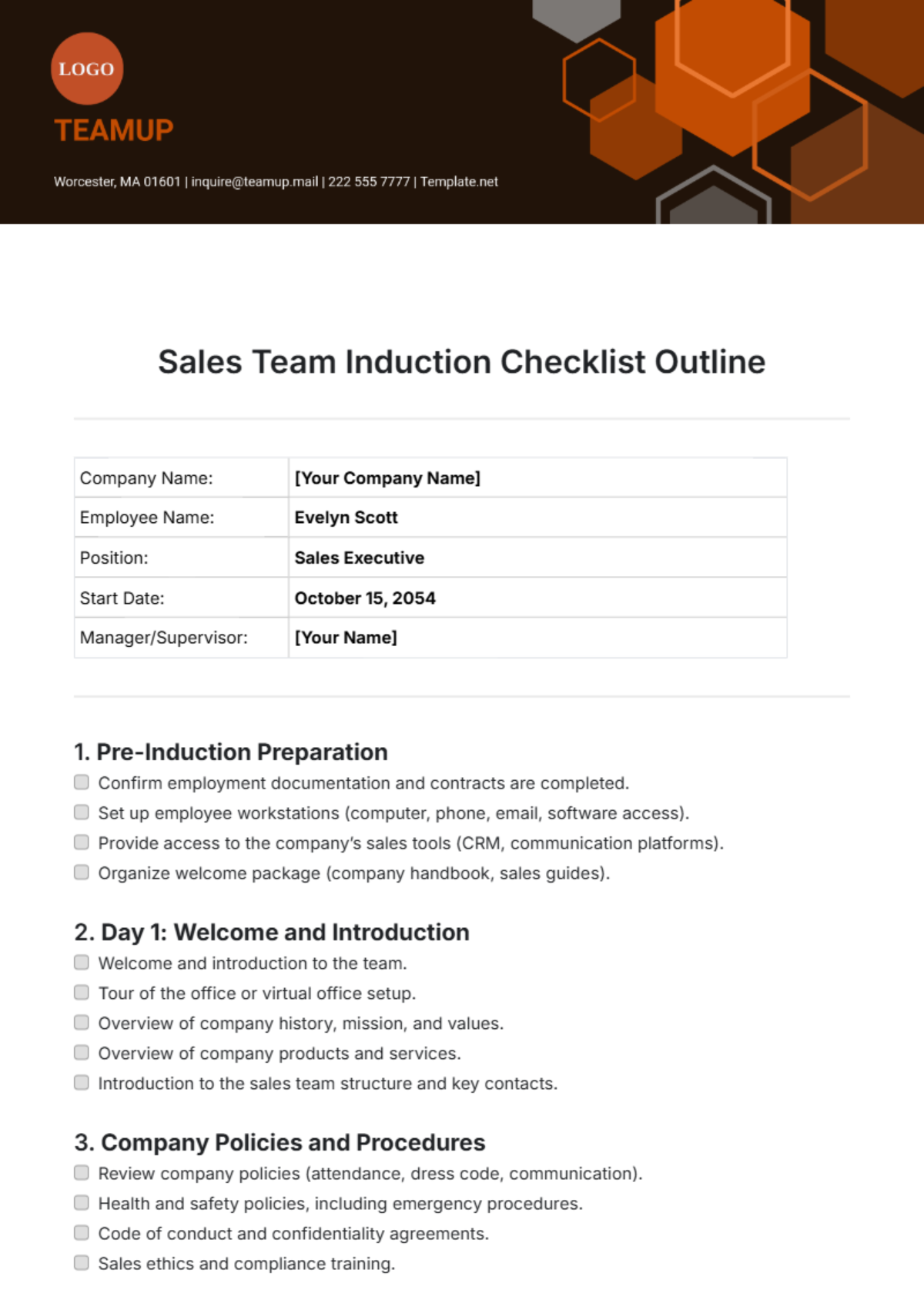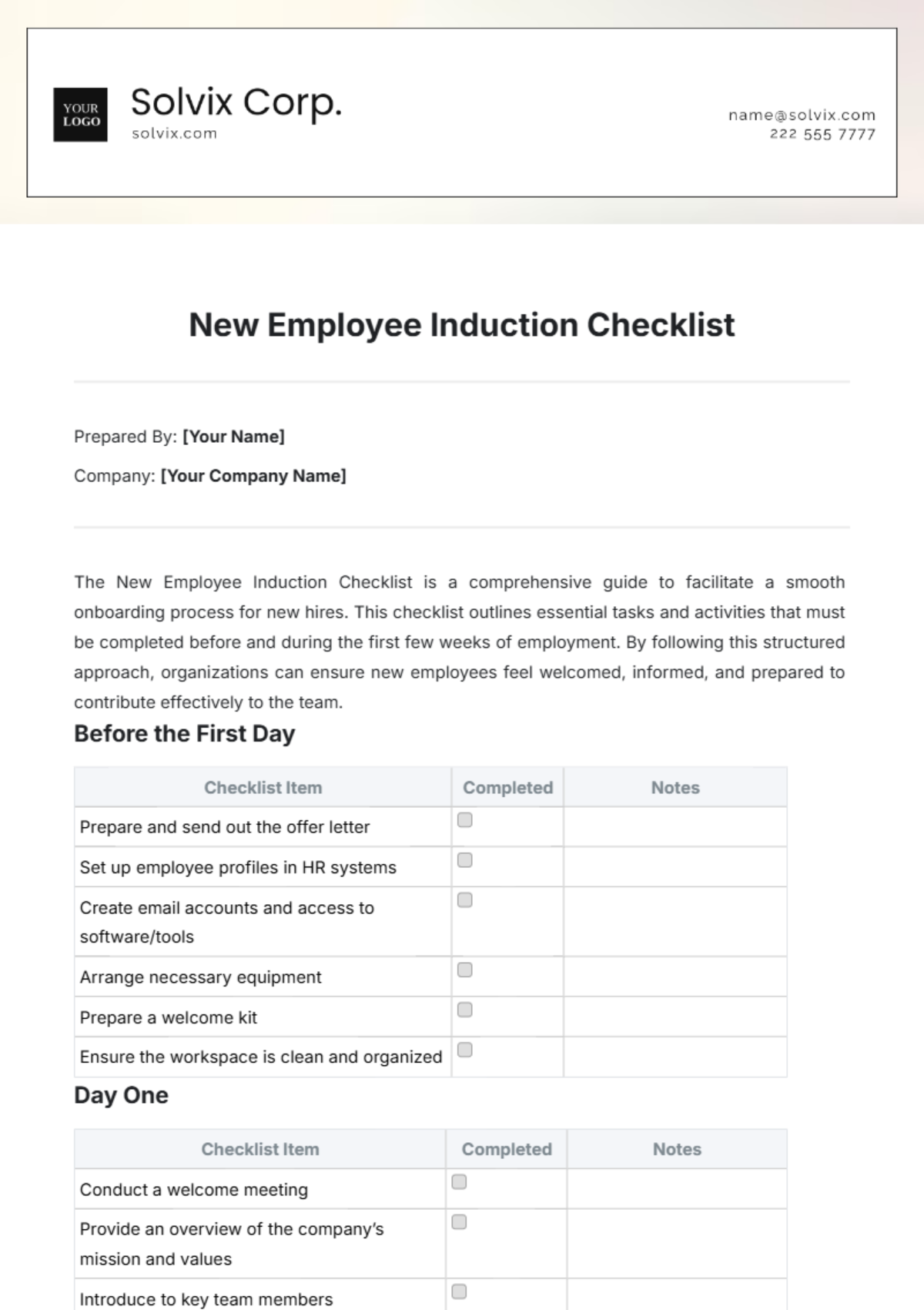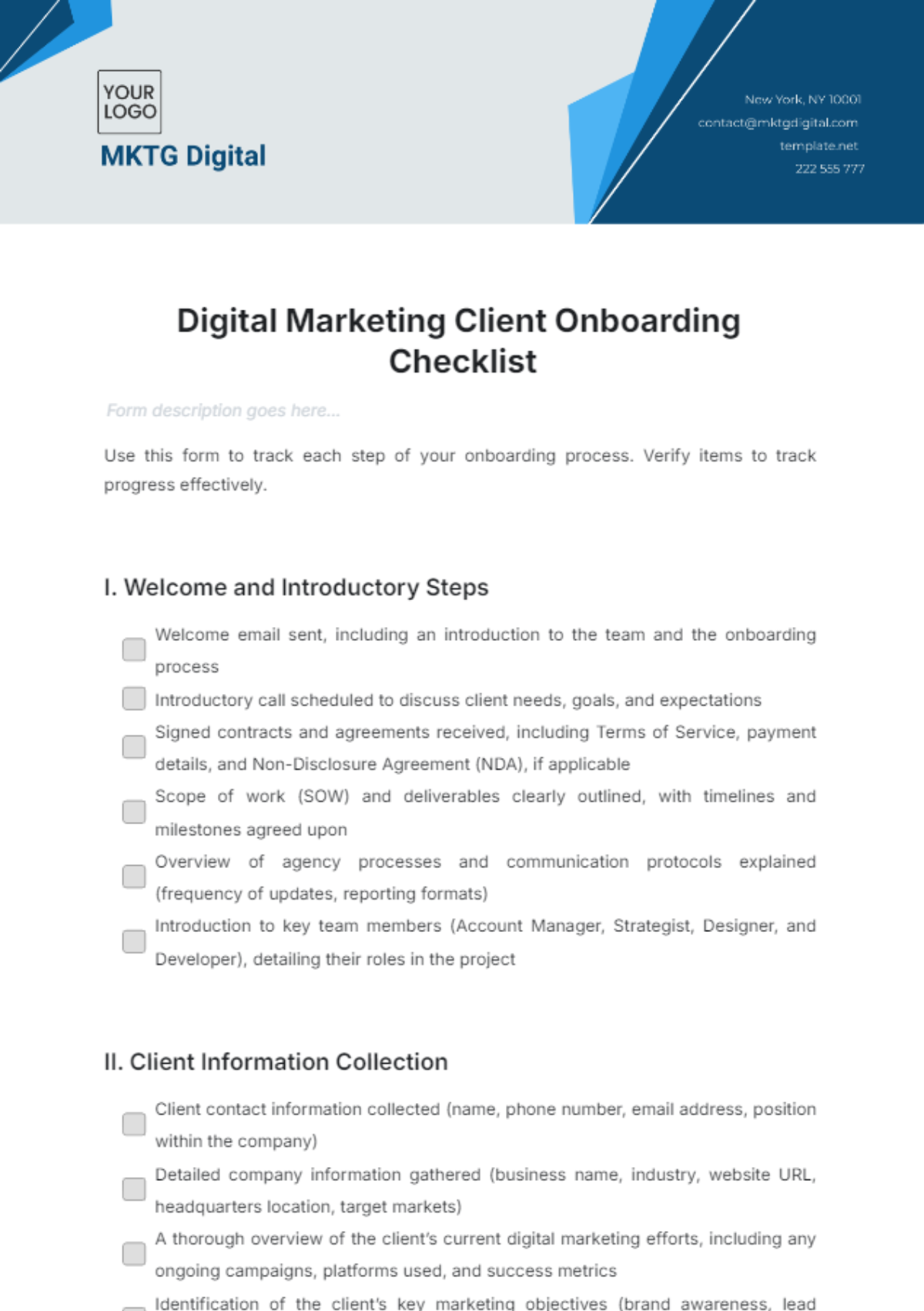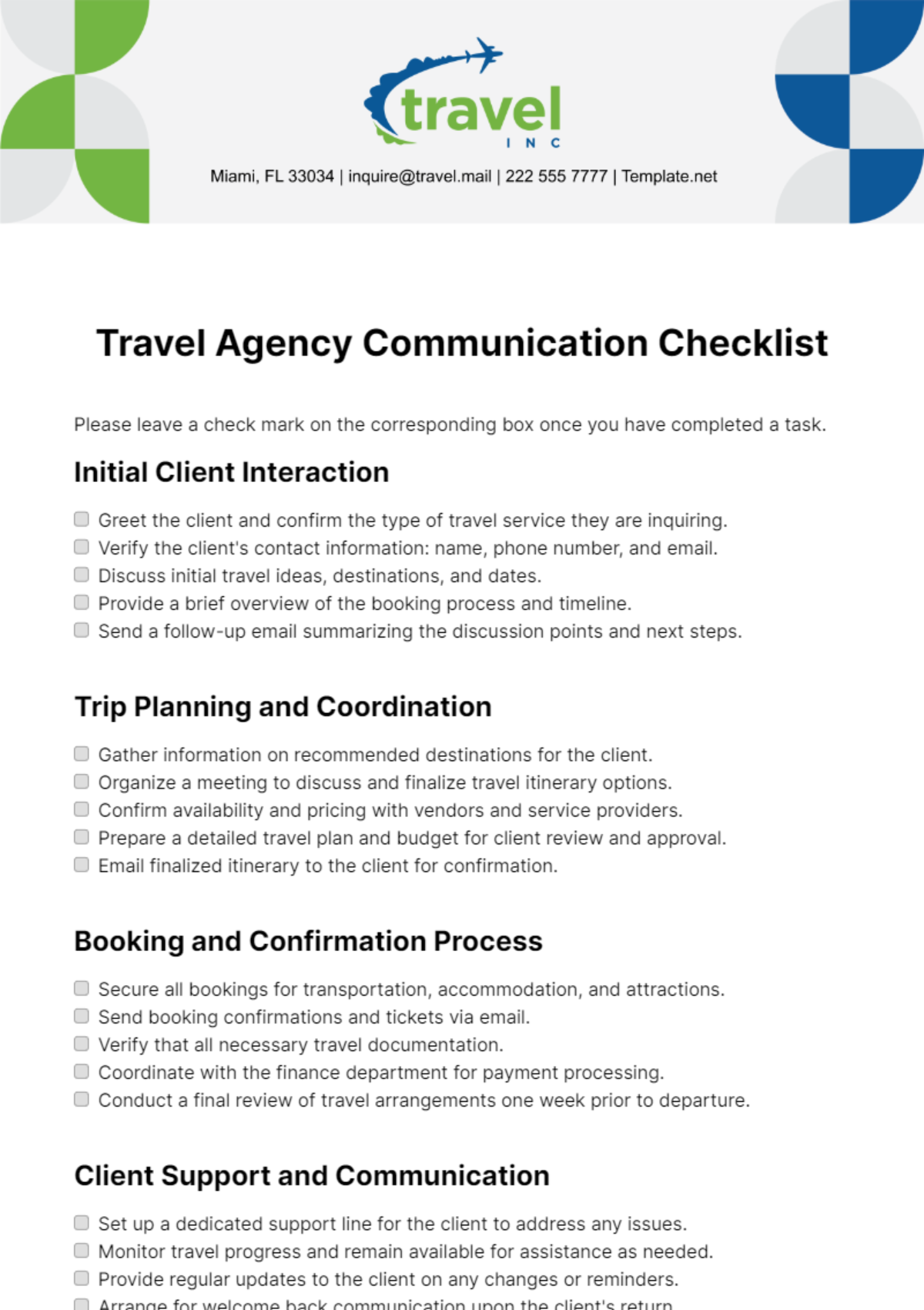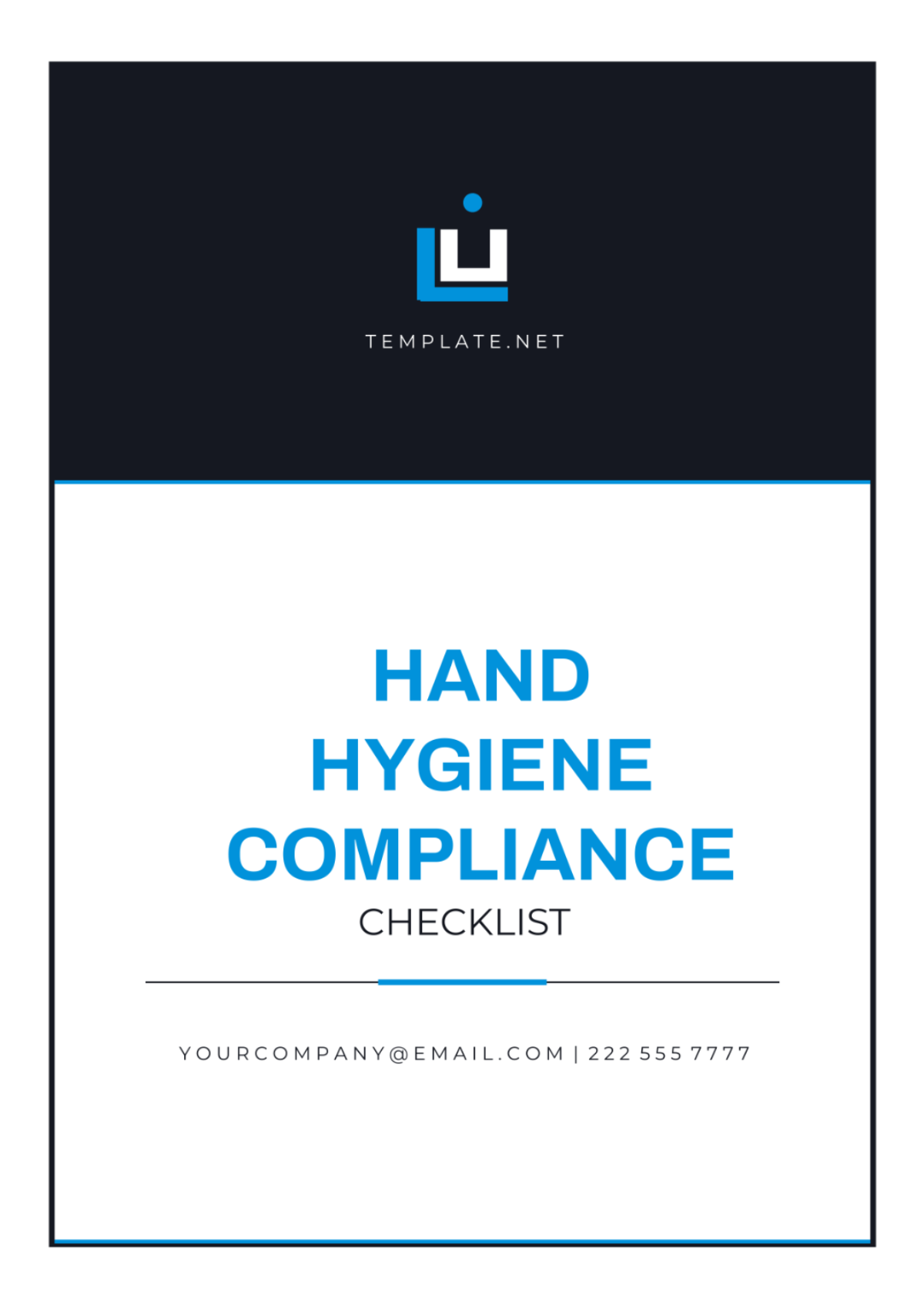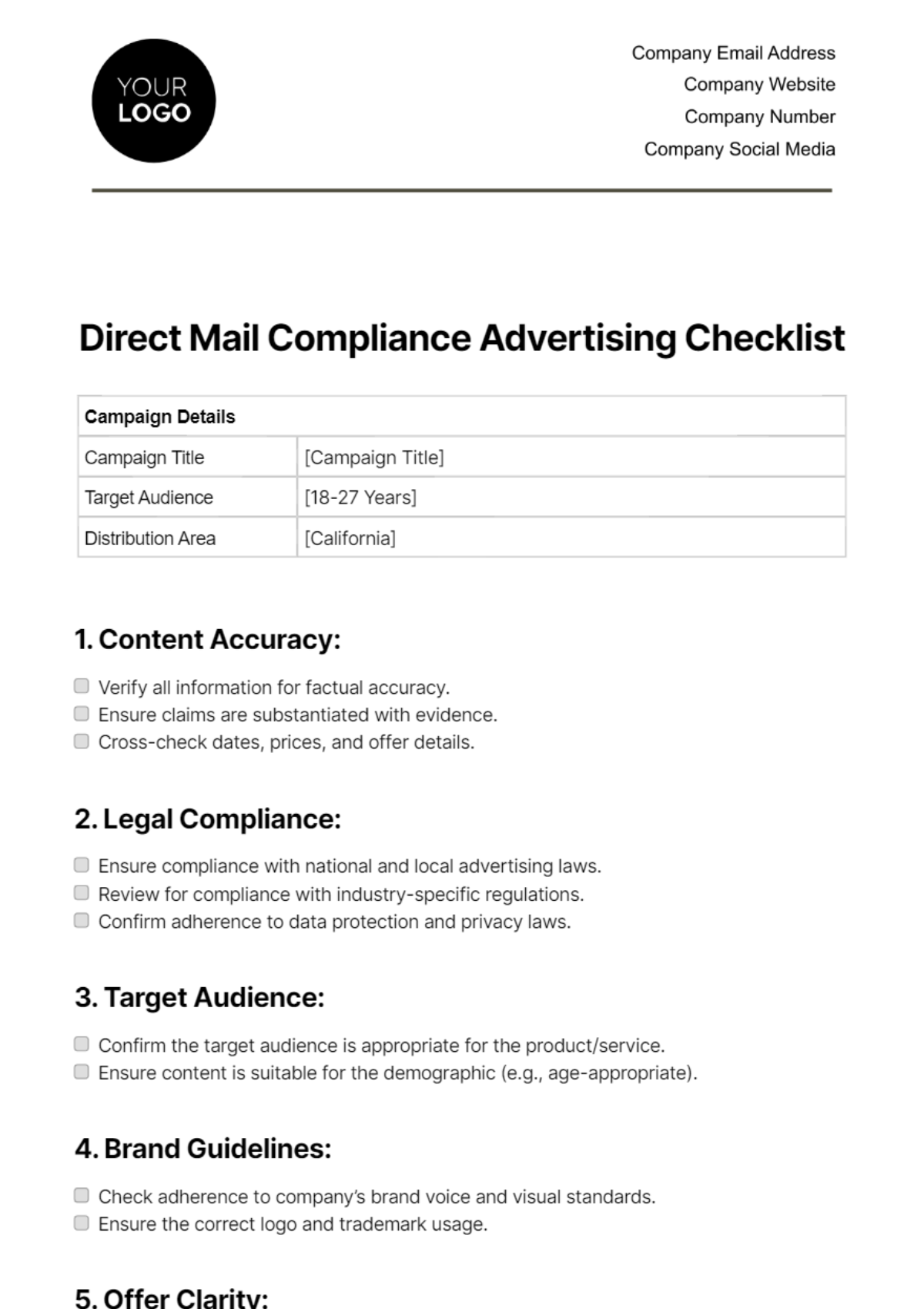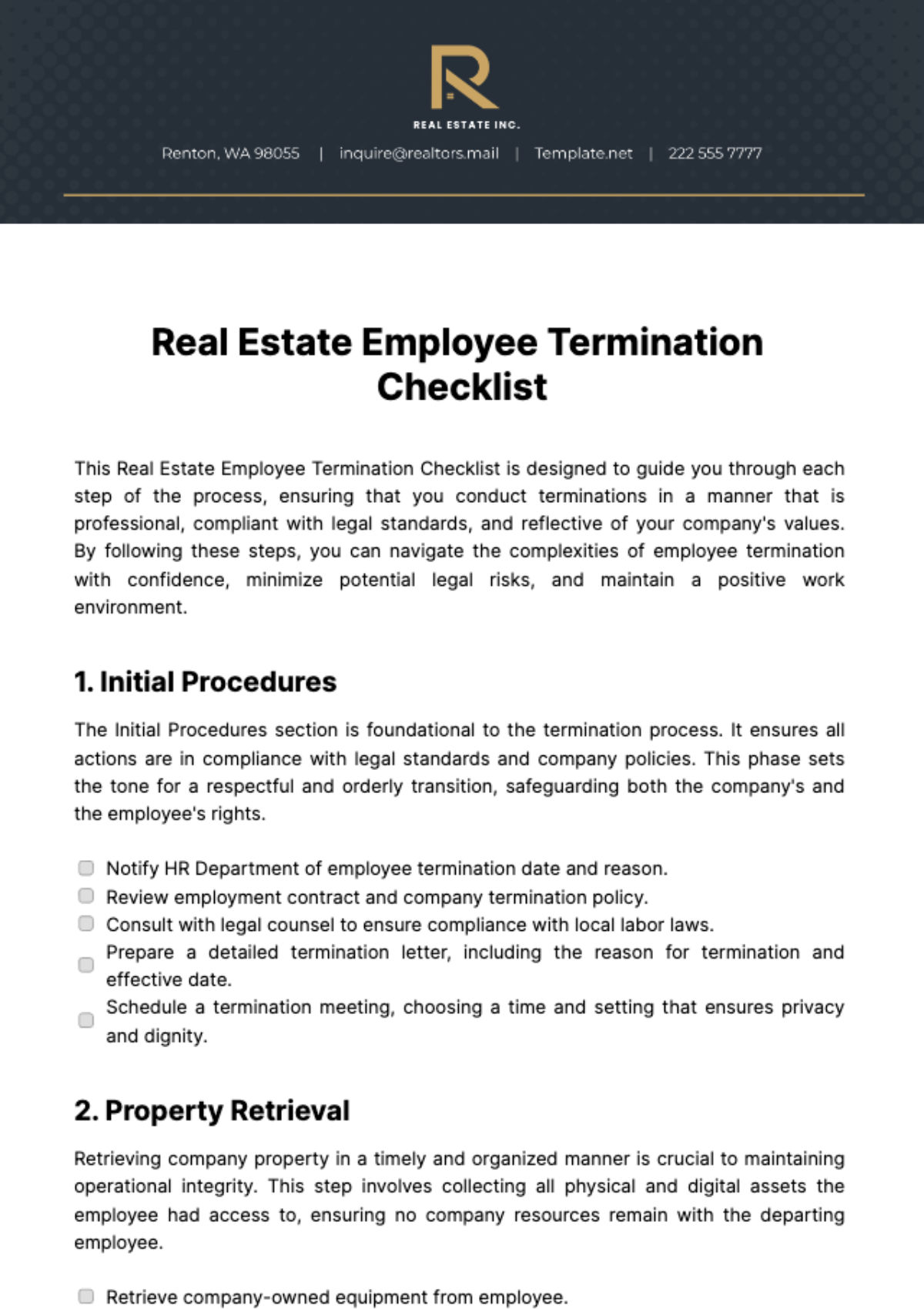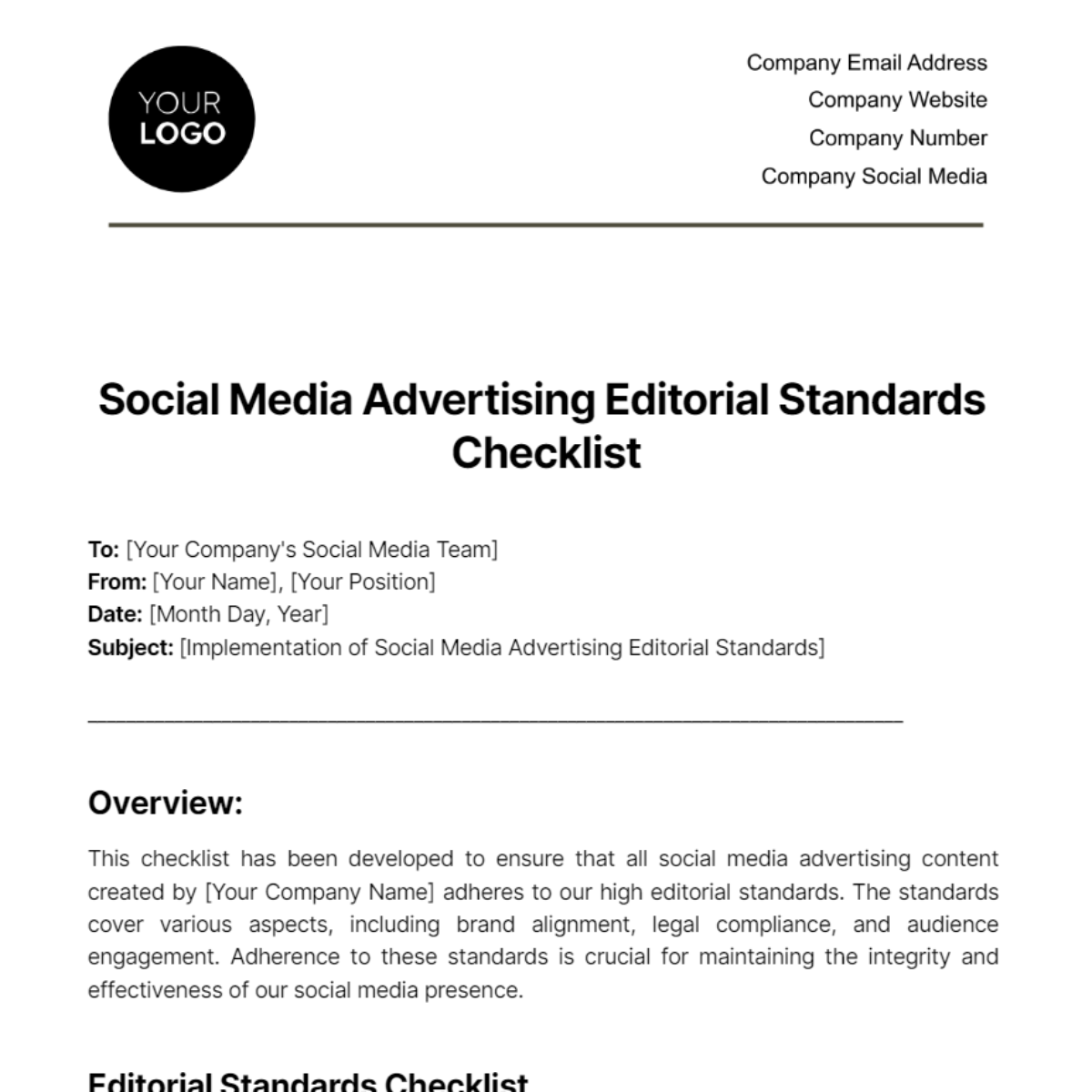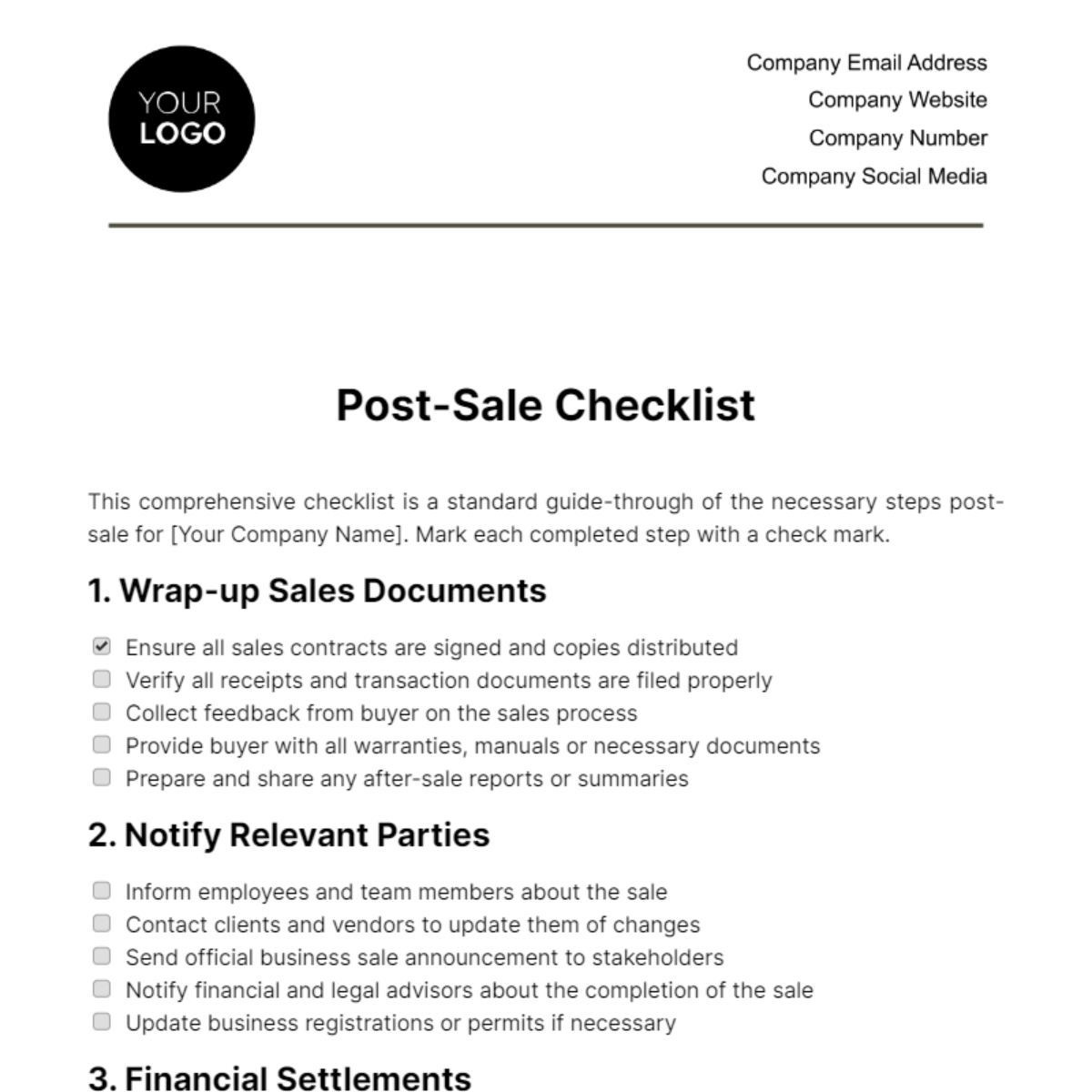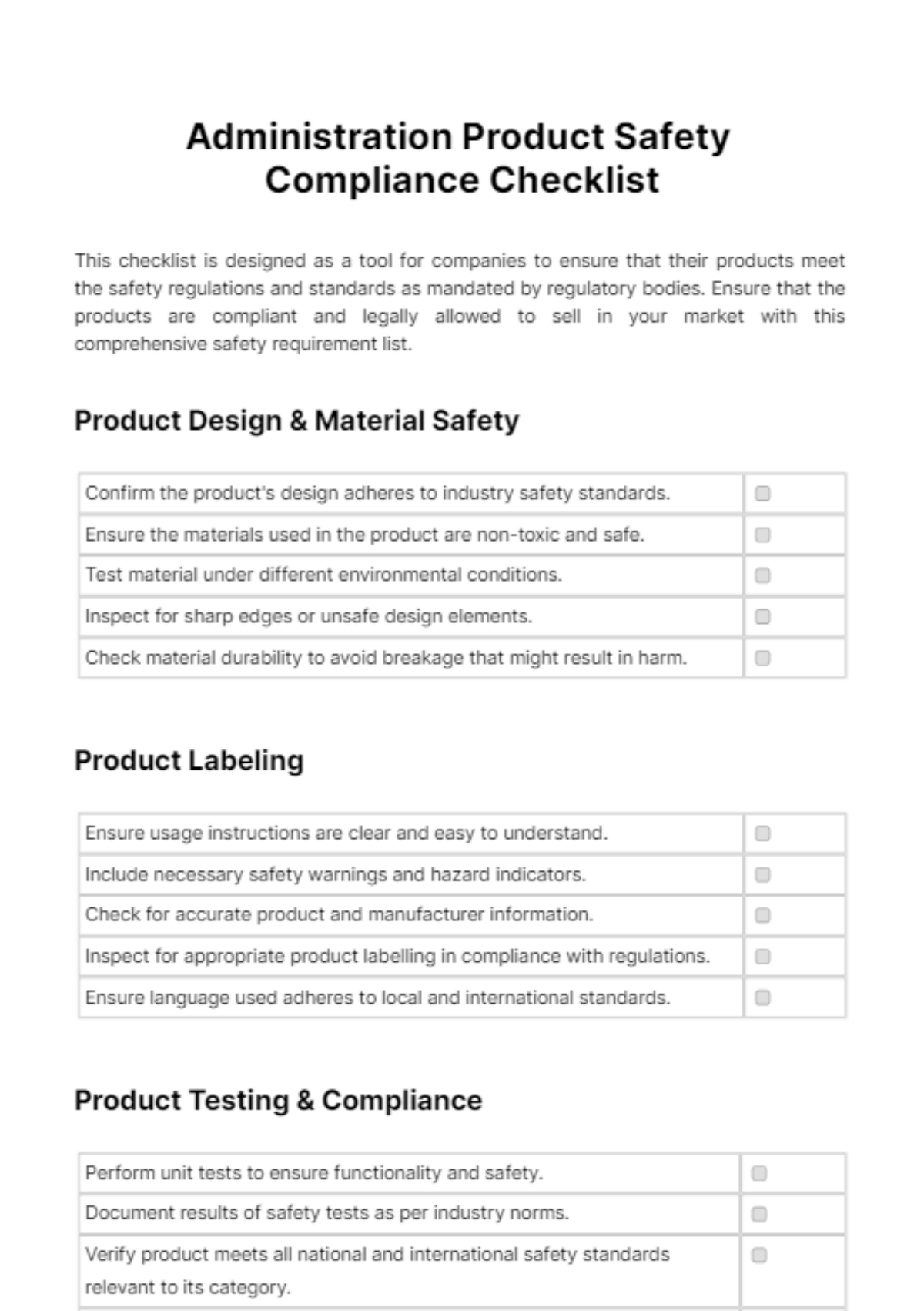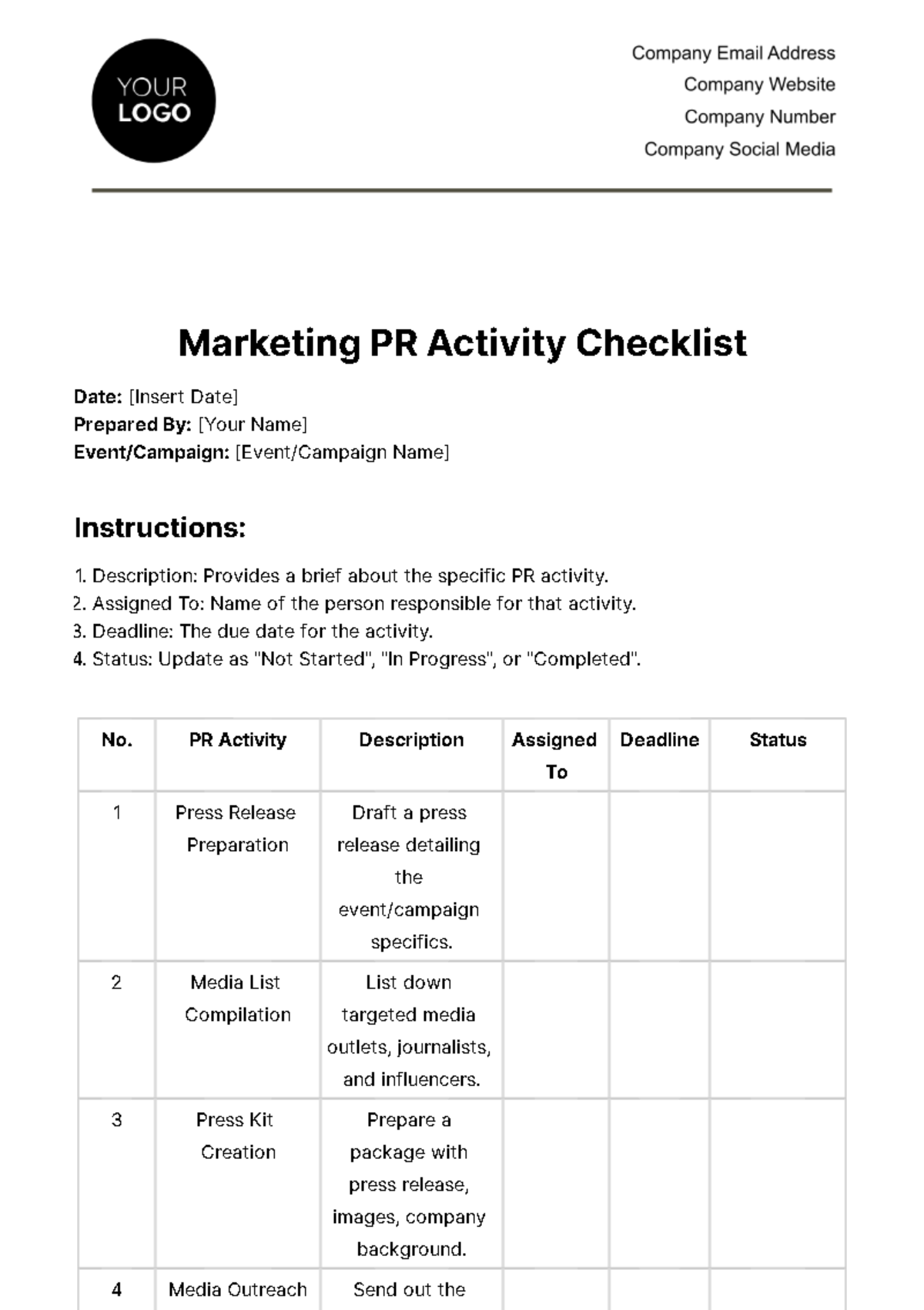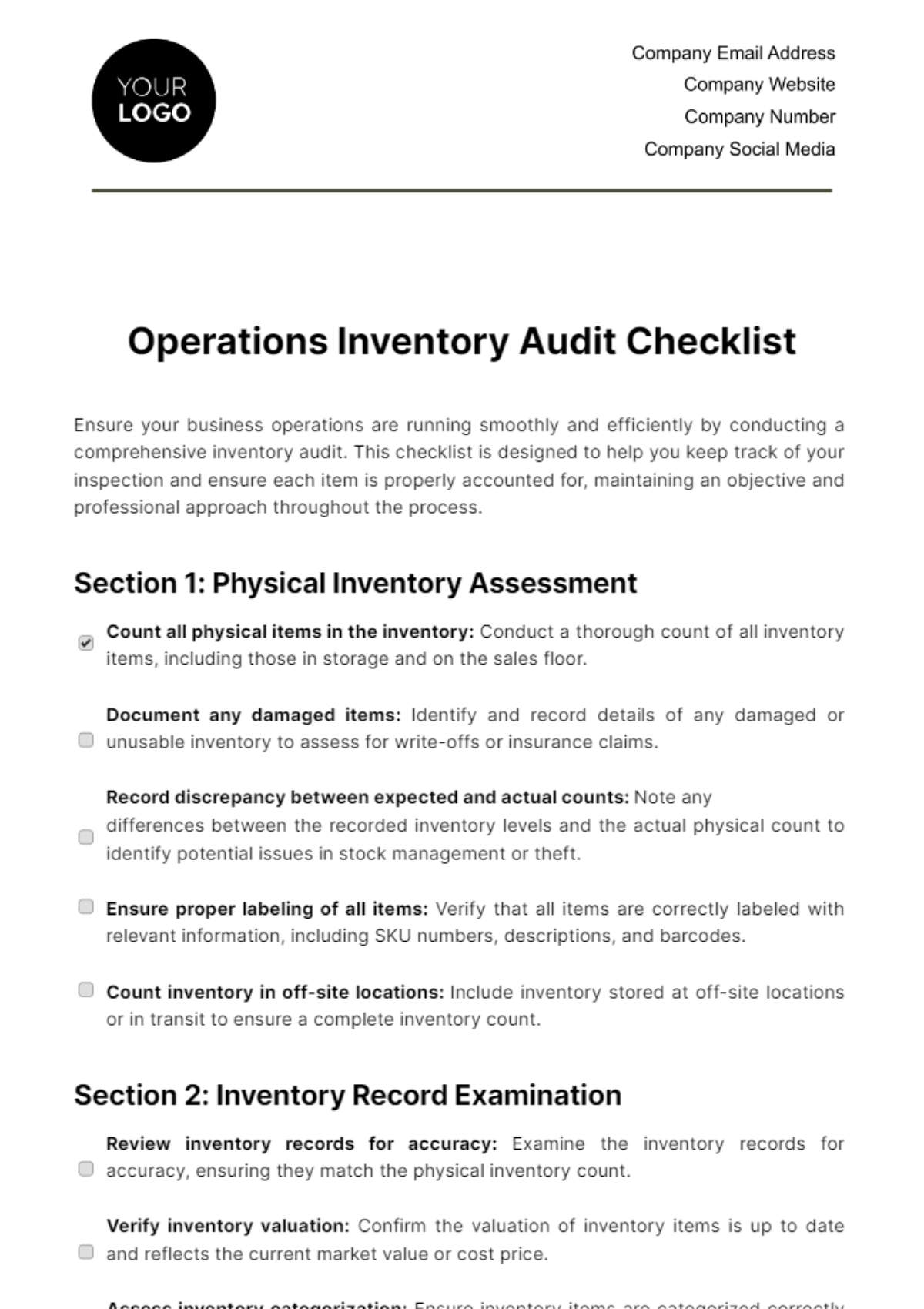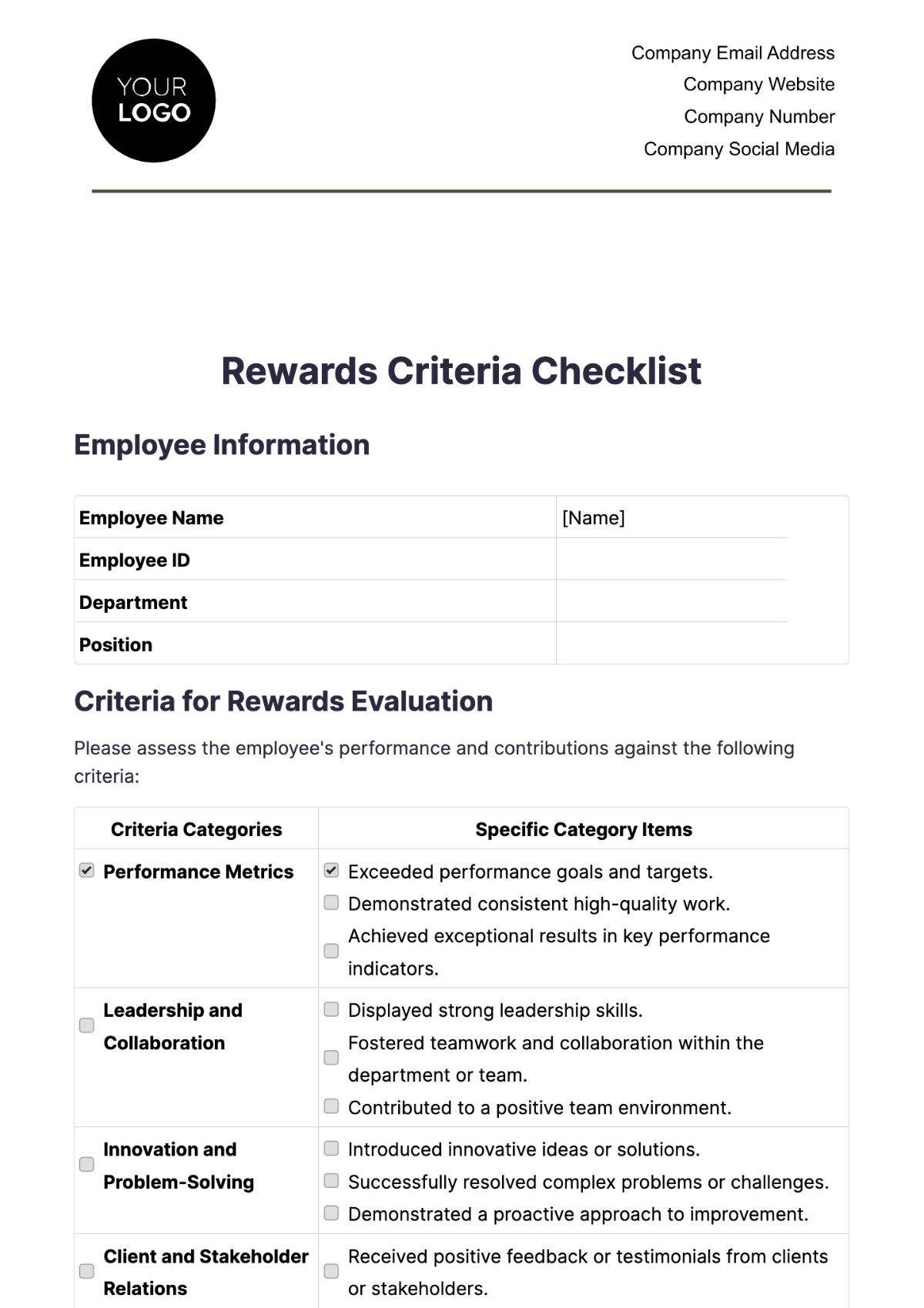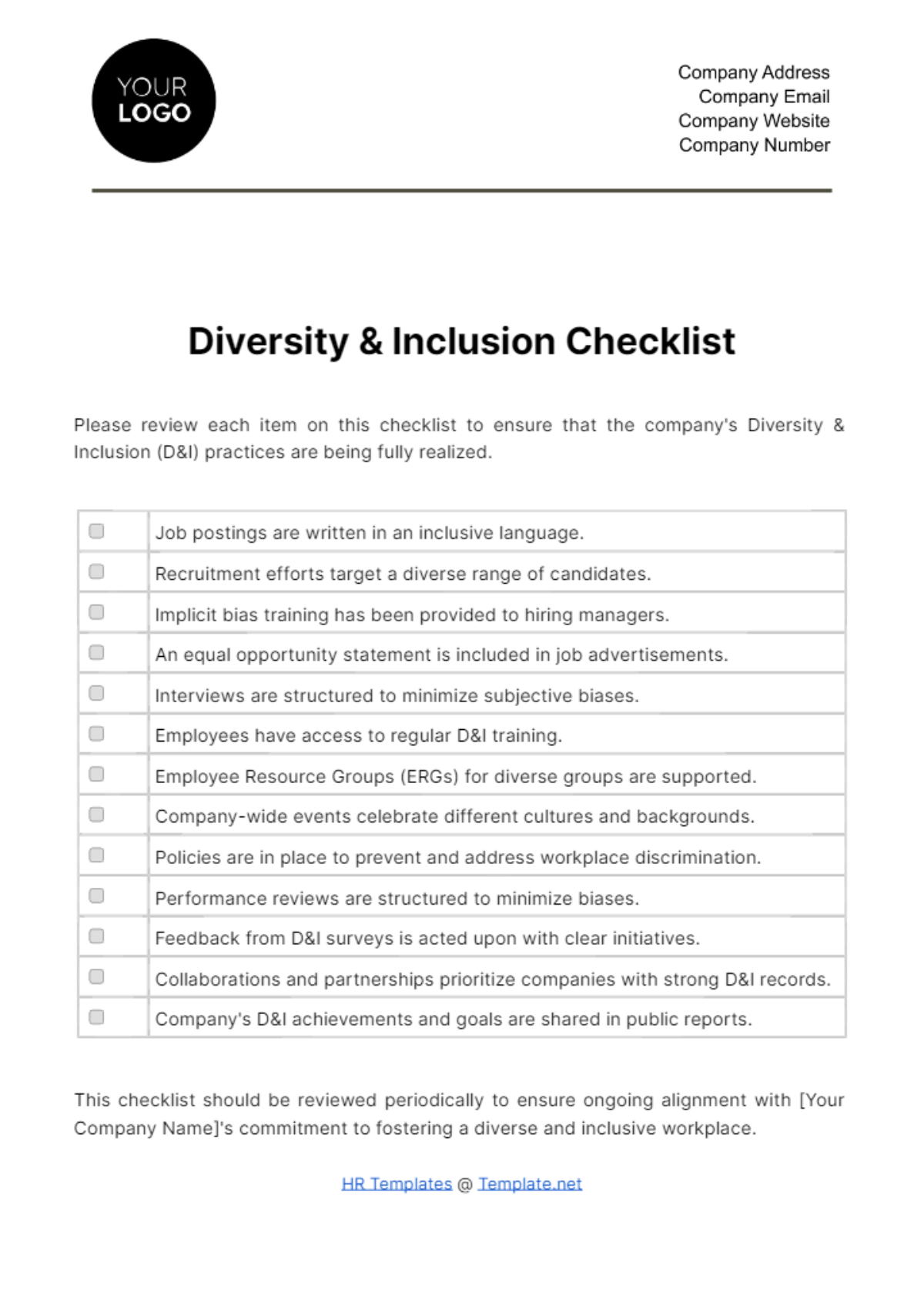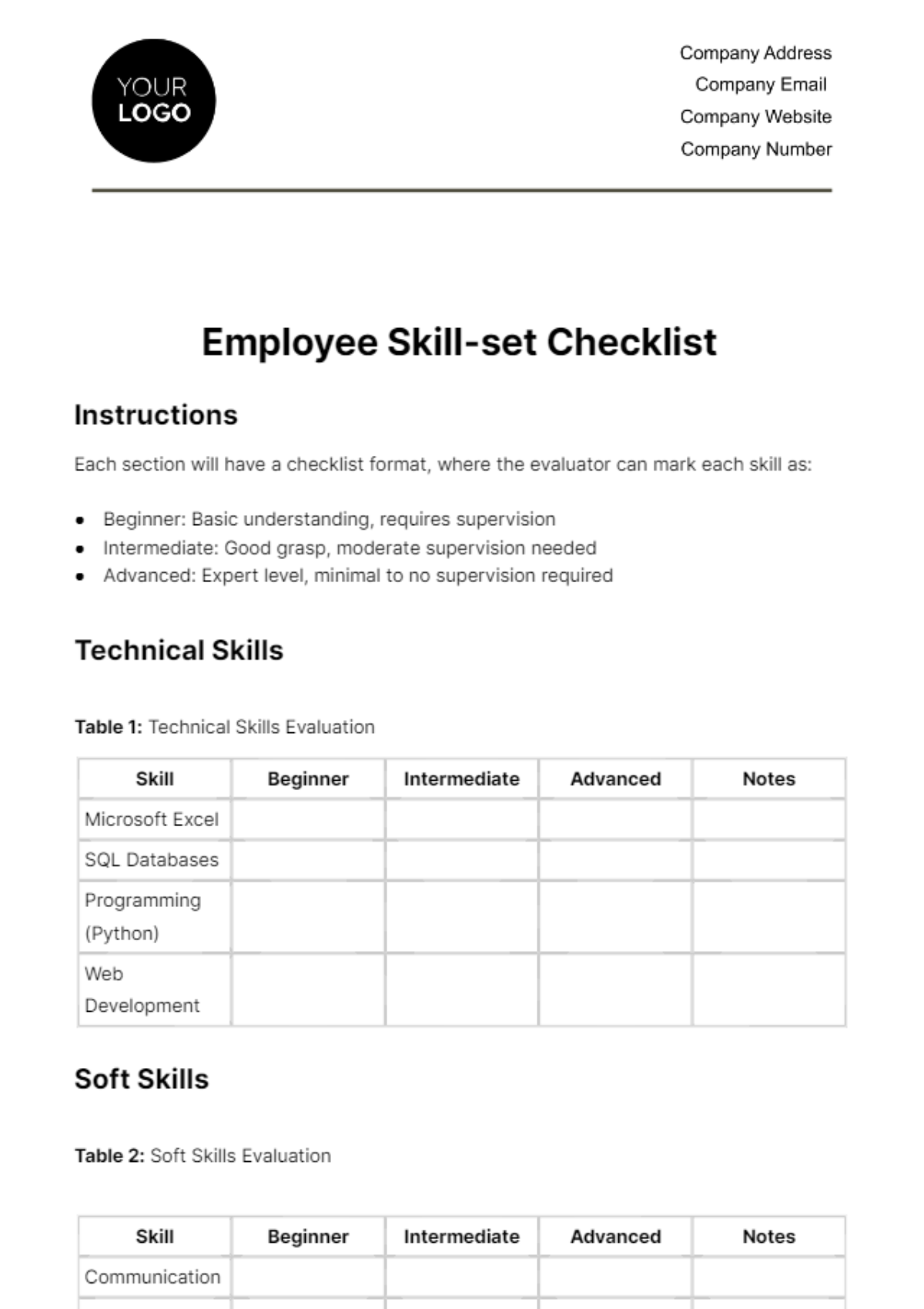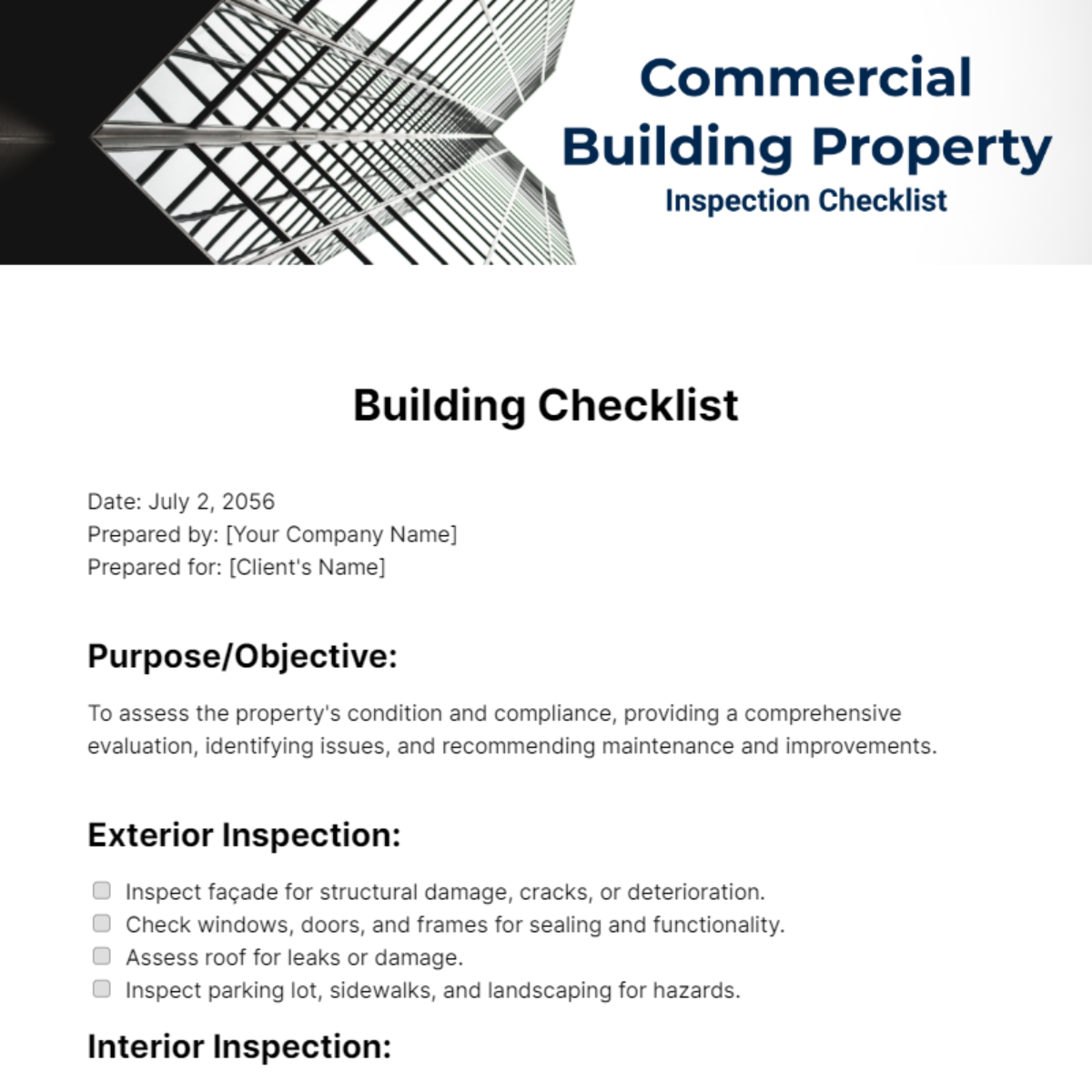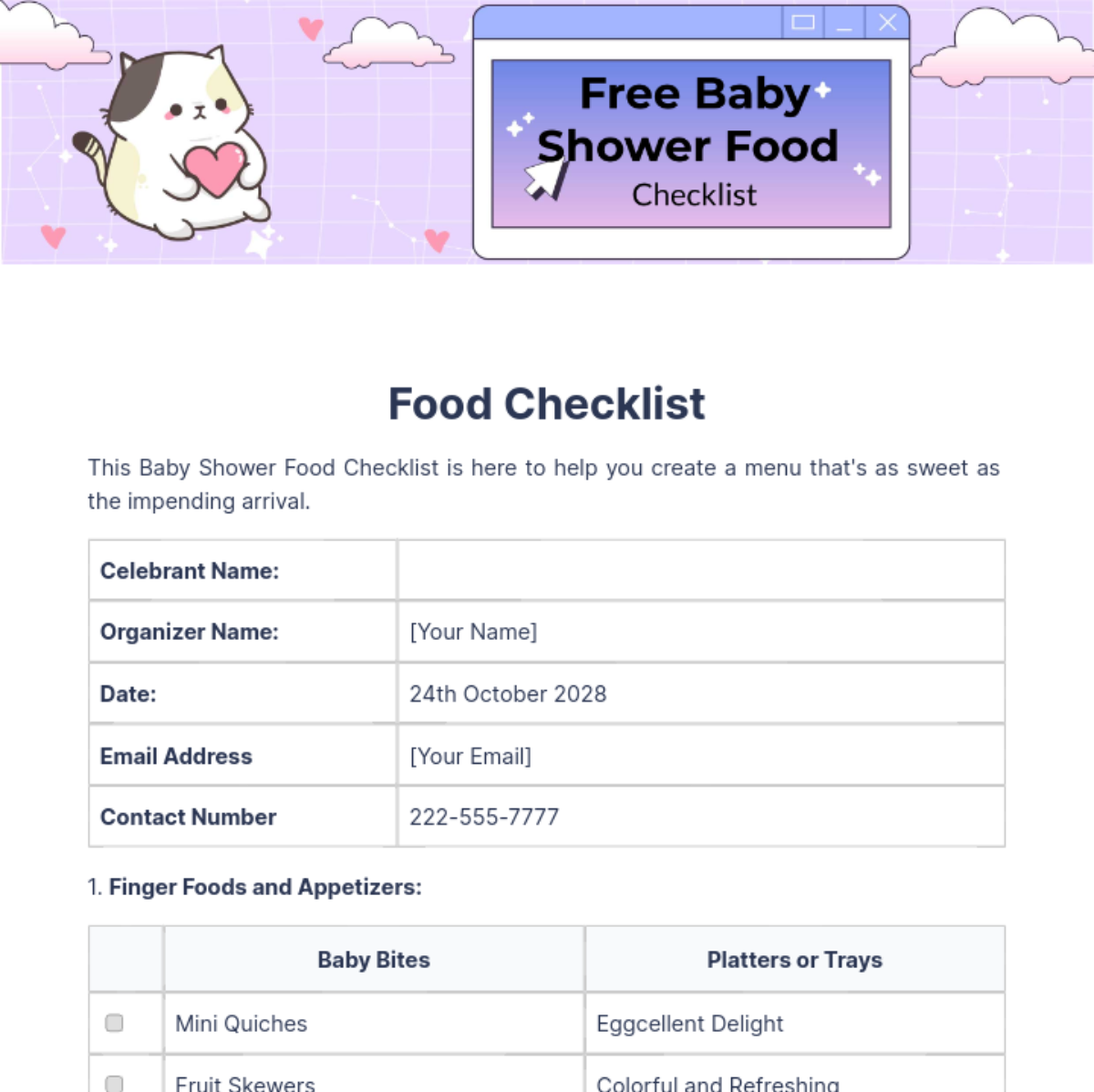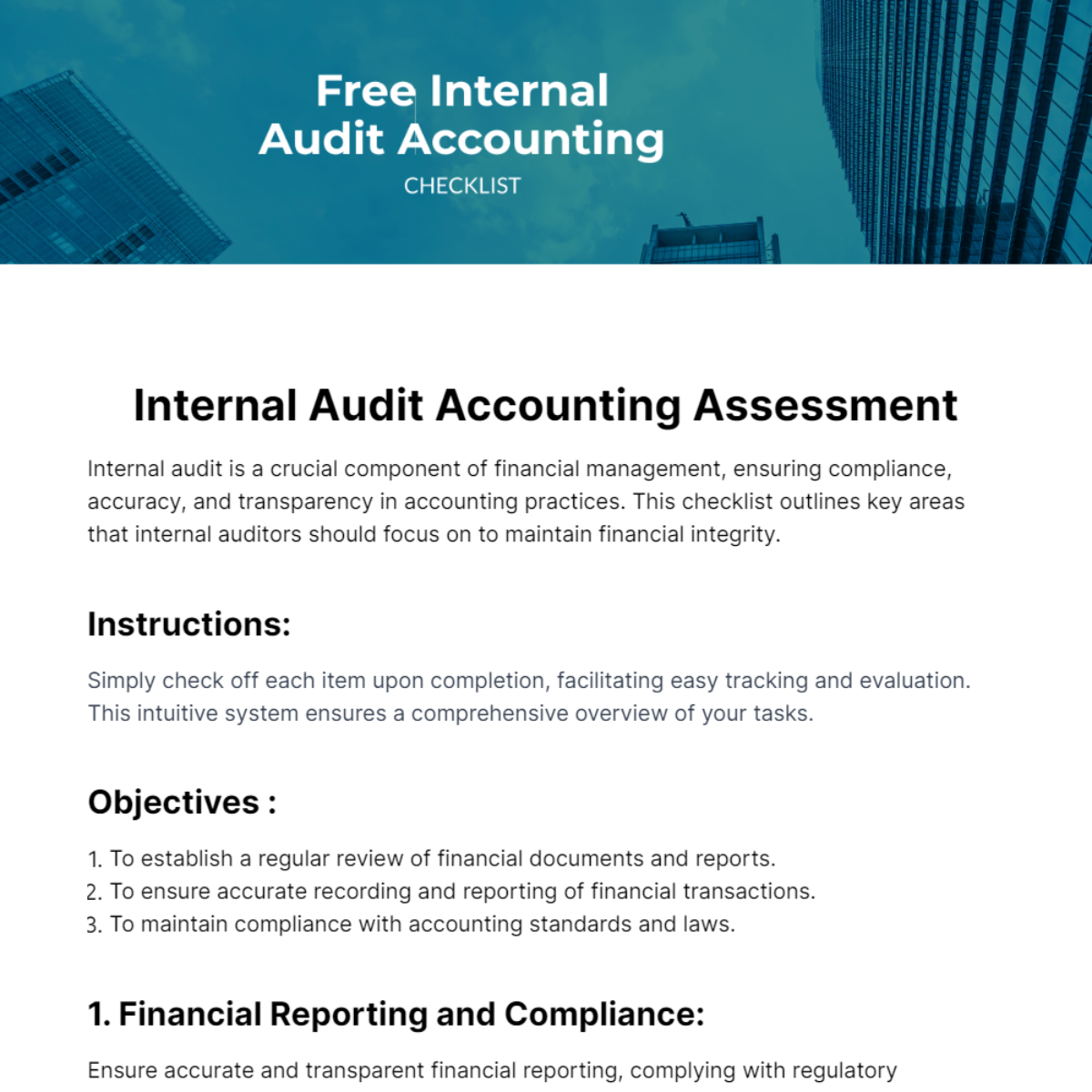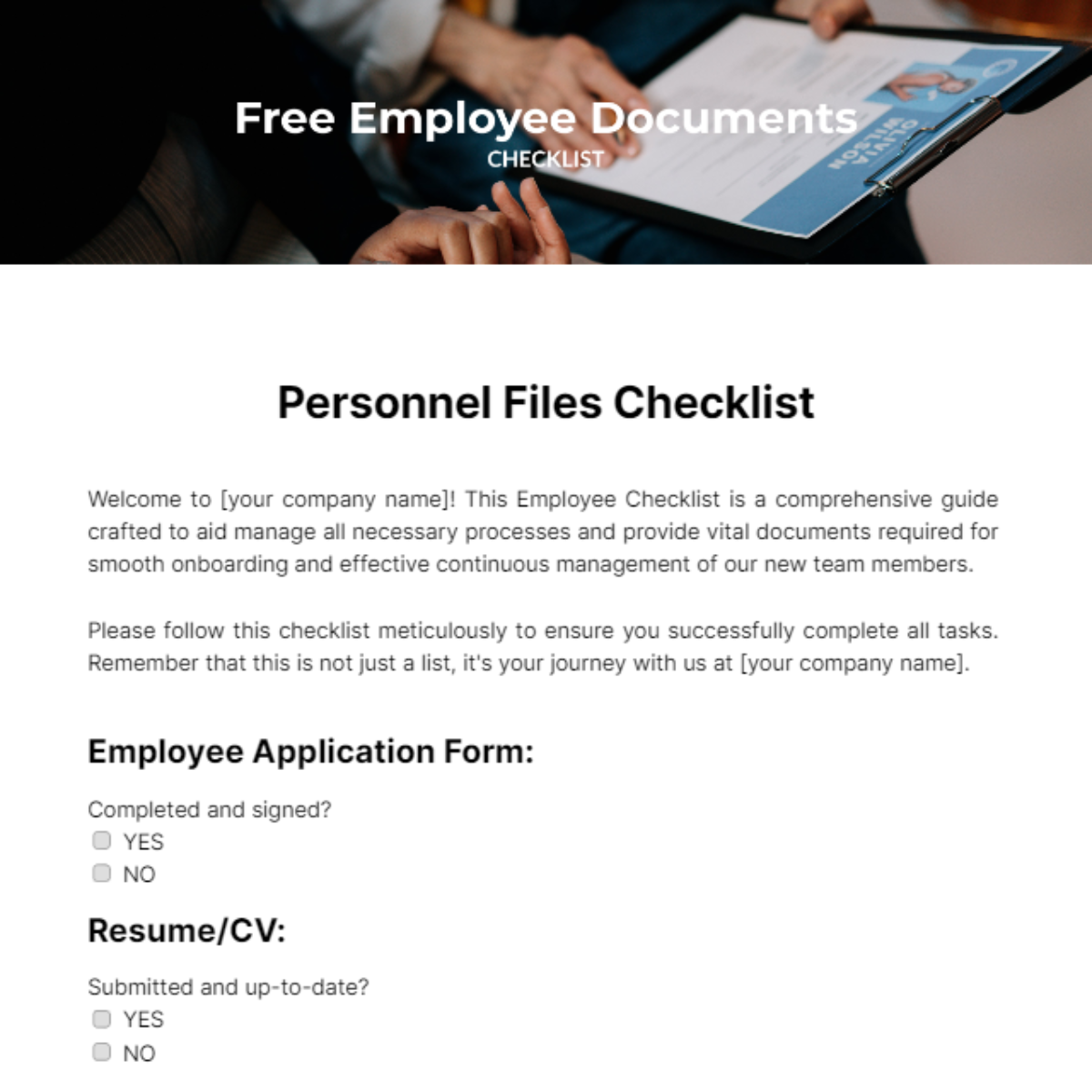Internal Audit Accounting Assessment
Internal audit is a crucial component of financial management, ensuring compliance, accuracy, and transparency in accounting practices. This checklist outlines key areas that internal auditors should focus on to maintain financial integrity.
Instructions:
Simply check off each item upon completion, facilitating easy tracking and evaluation. This intuitive system ensures a comprehensive overview of your tasks.
Objectives :
To establish a regular review of financial documents and reports.
To ensure accurate recording and reporting of financial transactions.
To maintain compliance with accounting standards and laws.
1. Financial Reporting and Compliance:
Ensure accurate and transparent financial reporting, complying with regulatory standards.
Verify adherence to Generally Accepted Accounting Principles (GAAP).
Confirm compliance with applicable laws and regulations.
Assess the accuracy and completeness of financial statements.
Verify proper disclosure of significant accounting policies.
Confirm consistency in financial reporting across periods.
Review the classification and presentation of financial information.
Assess the adequacy of internal controls over financial reporting.
Evaluate the effectiveness of internal audit procedures.
Confirm the independence and objectivity of the internal audit function.
2. Controls and Risk Management:
Evaluate the effectiveness of internal controls and risk management systems.
Assess the design and implementation of internal controls.
Evaluate the segregation of duties to prevent fraud.
Review the effectiveness of risk identification and mitigation strategies.
Confirm the existence of a robust whistleblower mechanism.
Assess the adequacy of disaster recovery and business continuity plans.
Evaluate the reliability of information systems and data security measures.
Confirm compliance with industry-specific regulatory requirements.
Review management's response to previous audit findings.
Assess the effectiveness of fraud detection and prevention measures.
3. Asset Management:
Ensure efficient and accountable management of organizational assets.
Confirm accurate recording and tracking of fixed assets.
Assess the adequacy of inventory control systems.
Verify compliance with depreciation policies.
Evaluate the security measures for safeguarding physical assets.
Confirm reconciliation of financial records with physical assets periodically.
Review the management of intangible assets, such as intellectual property.
Assess the adequacy of insurance coverage for key assets.
Confirm compliance with lease accounting standards.
Evaluate the disposal process for assets reaching the end of their useful life.
Conducted by: [Your Name]
Company: [Your Company Name]
Date: [Date]
